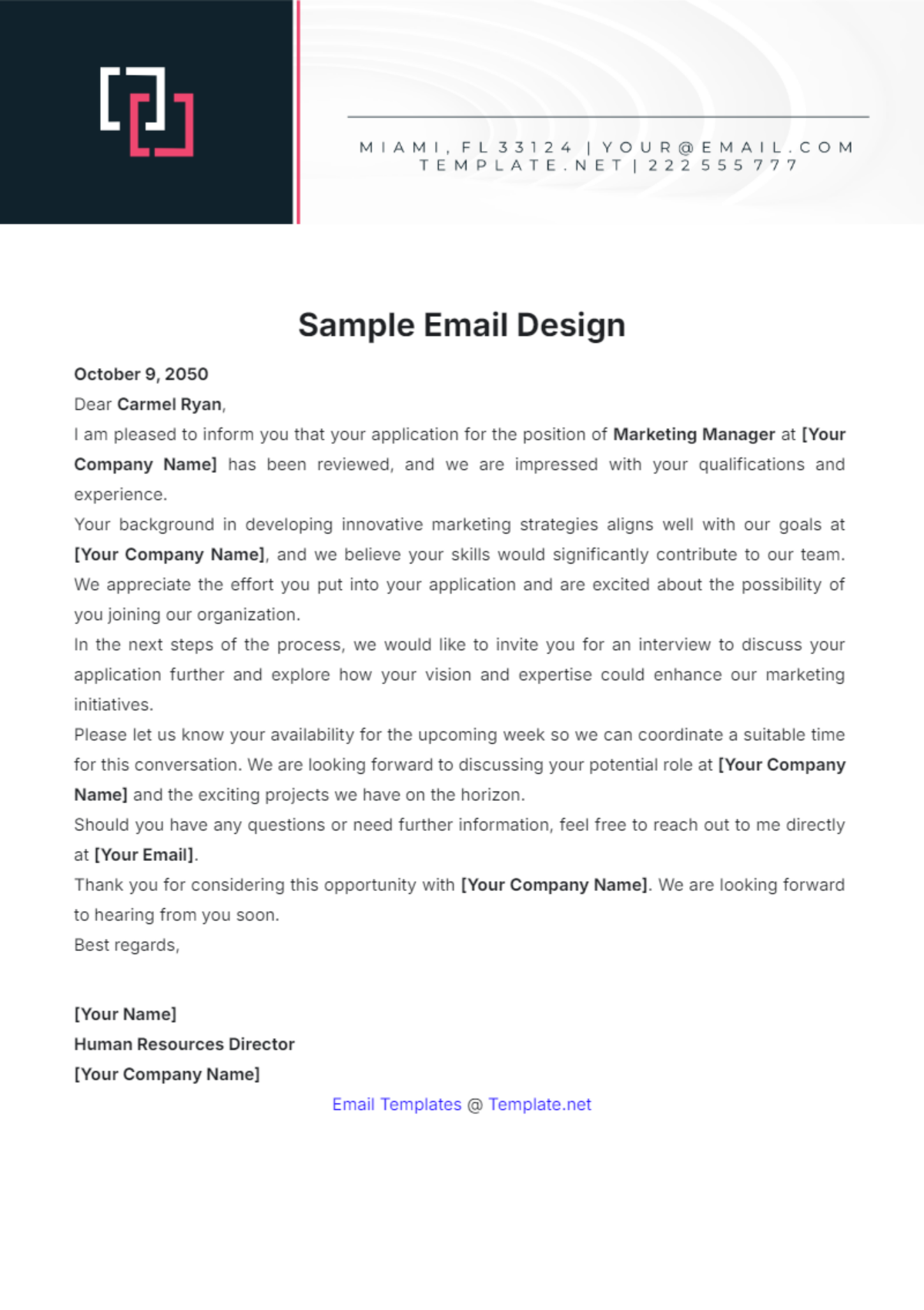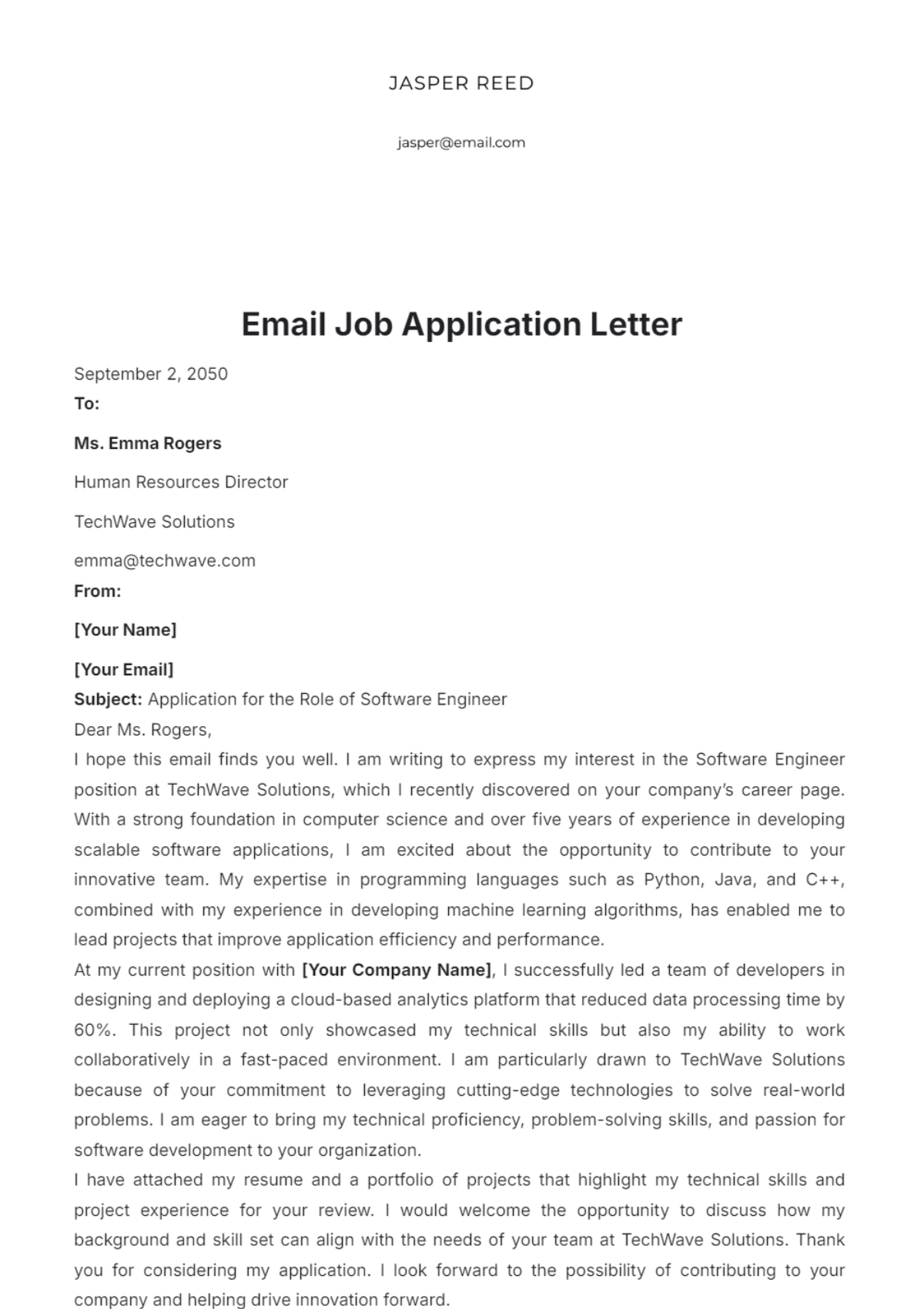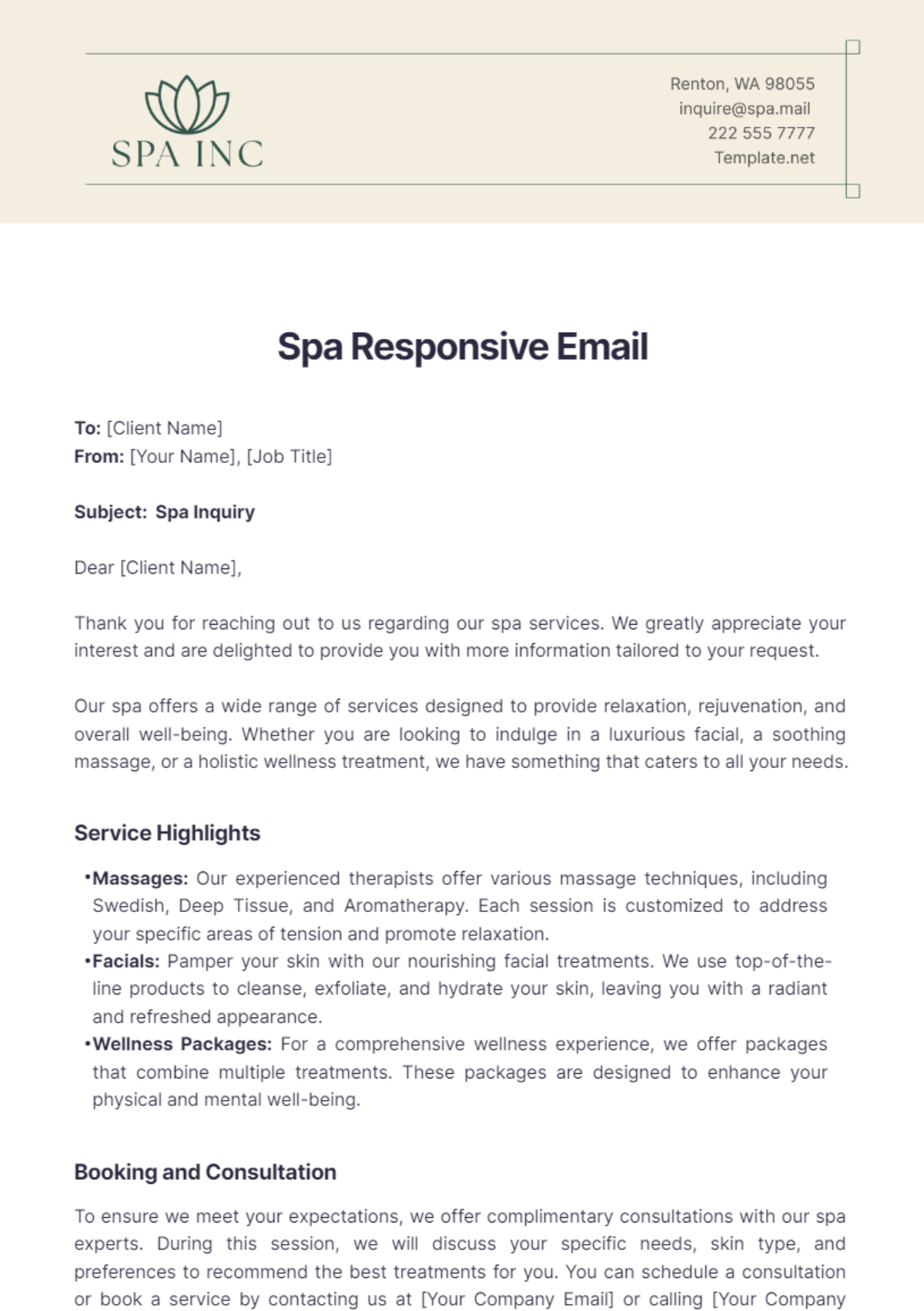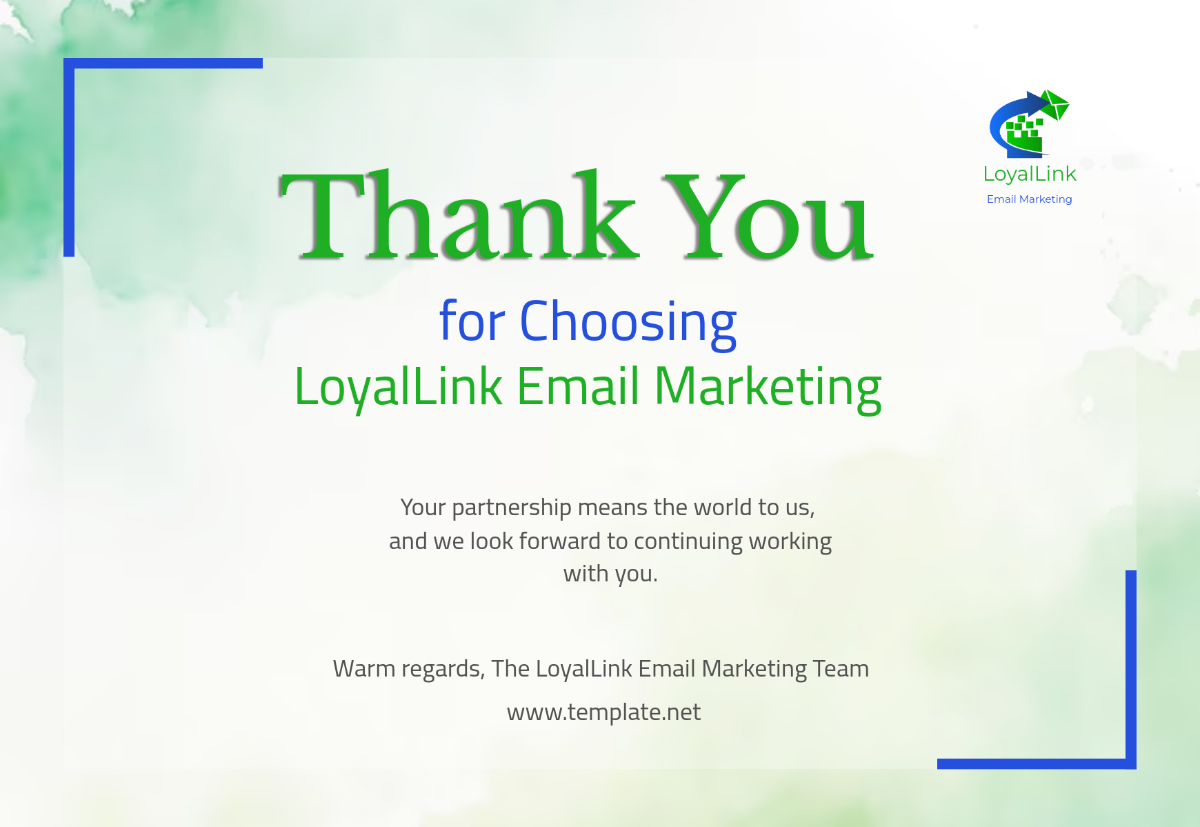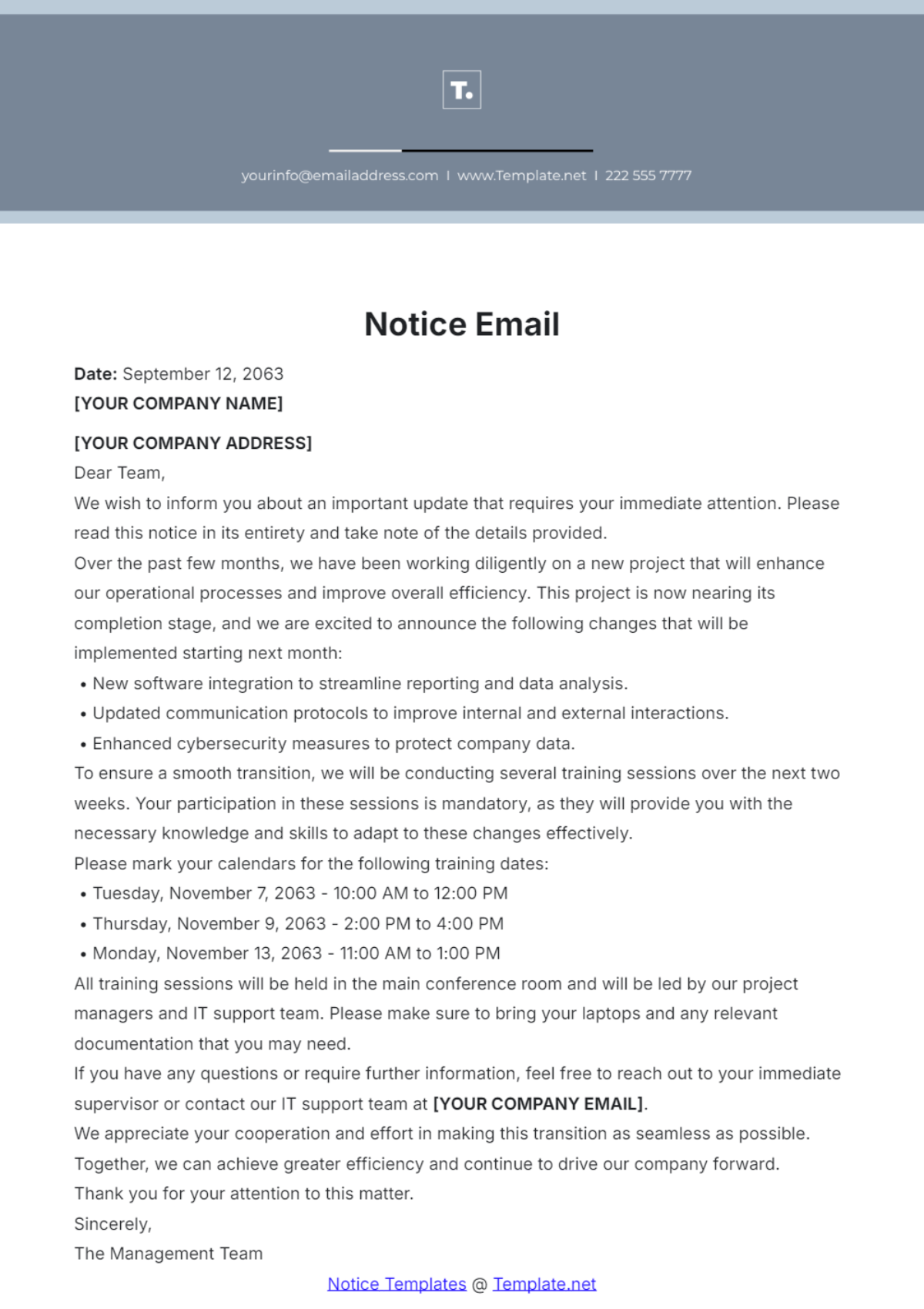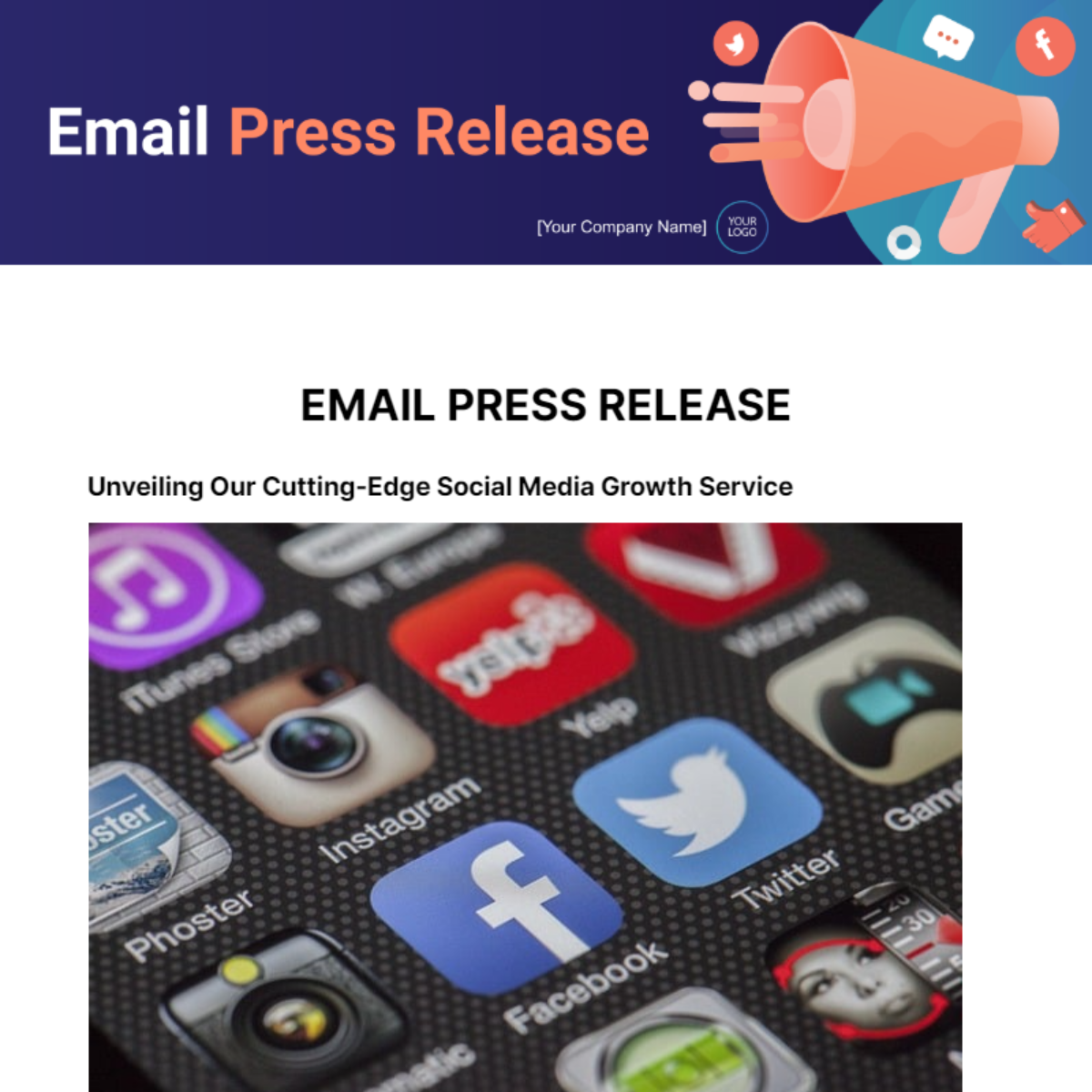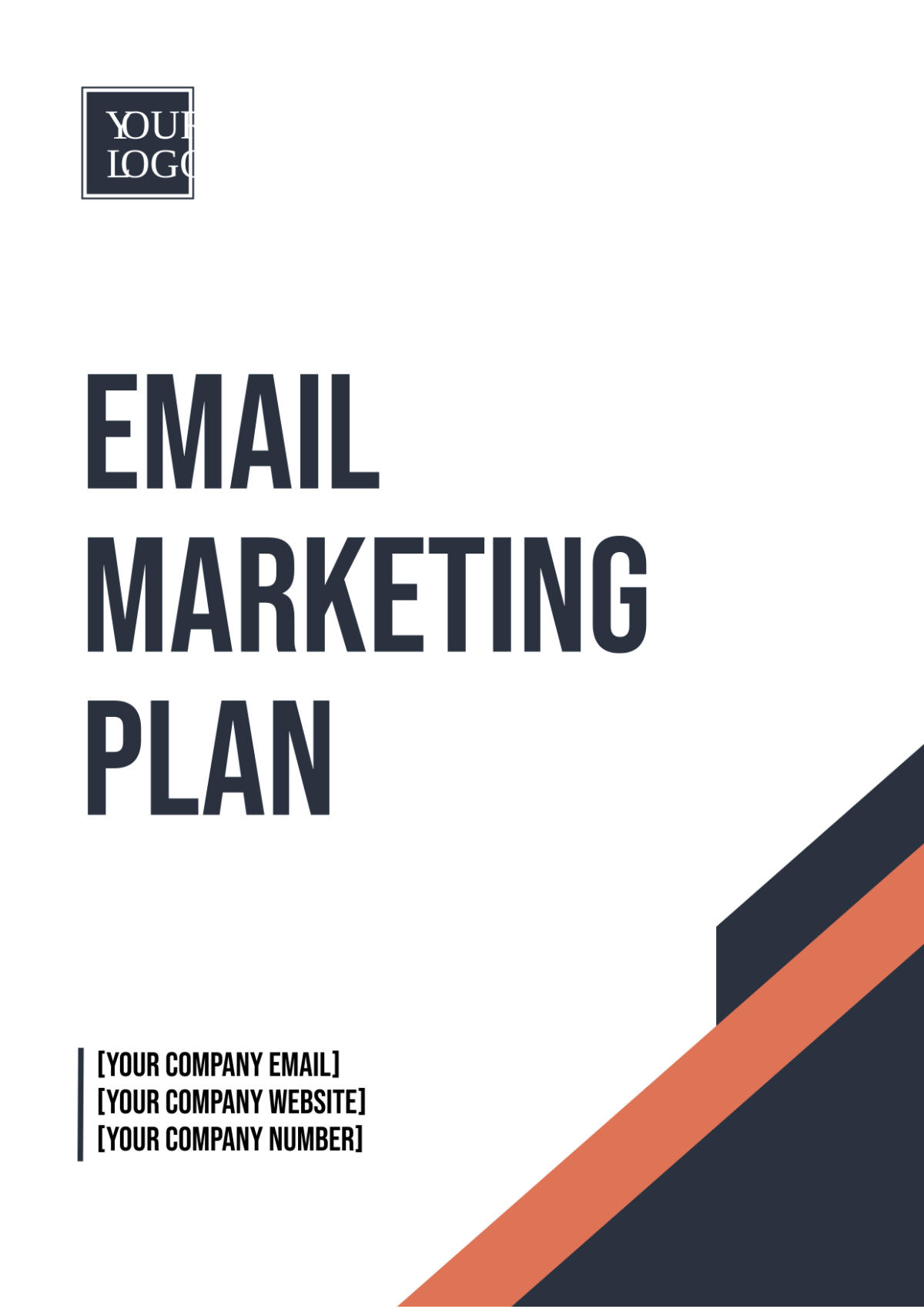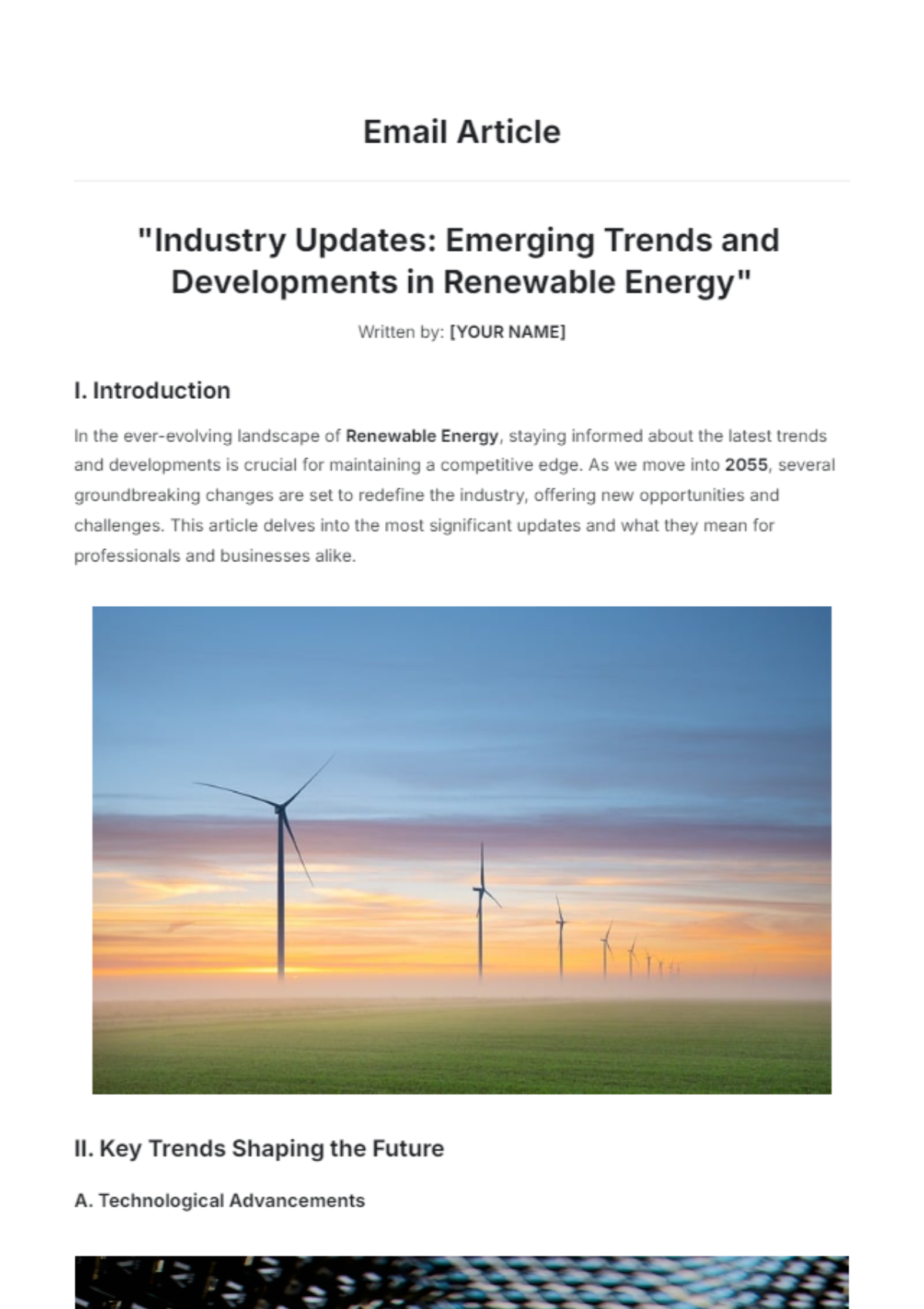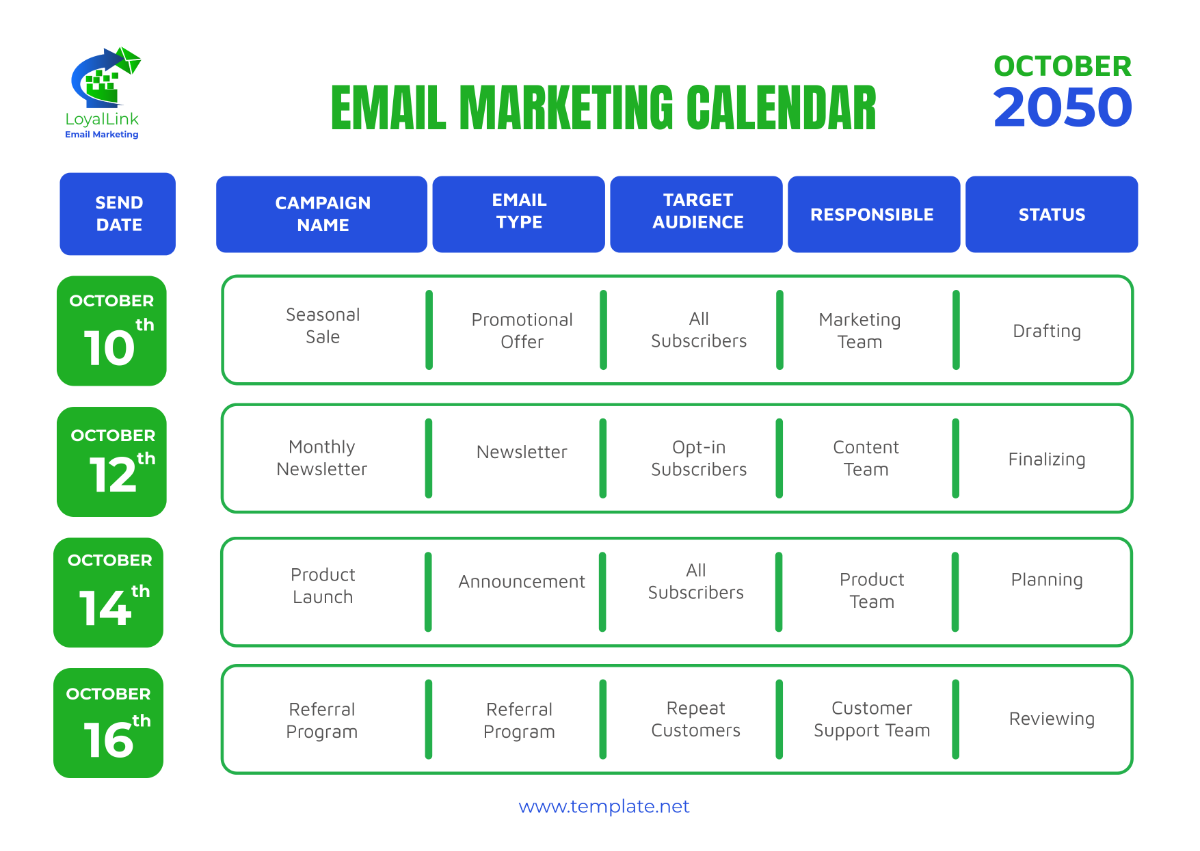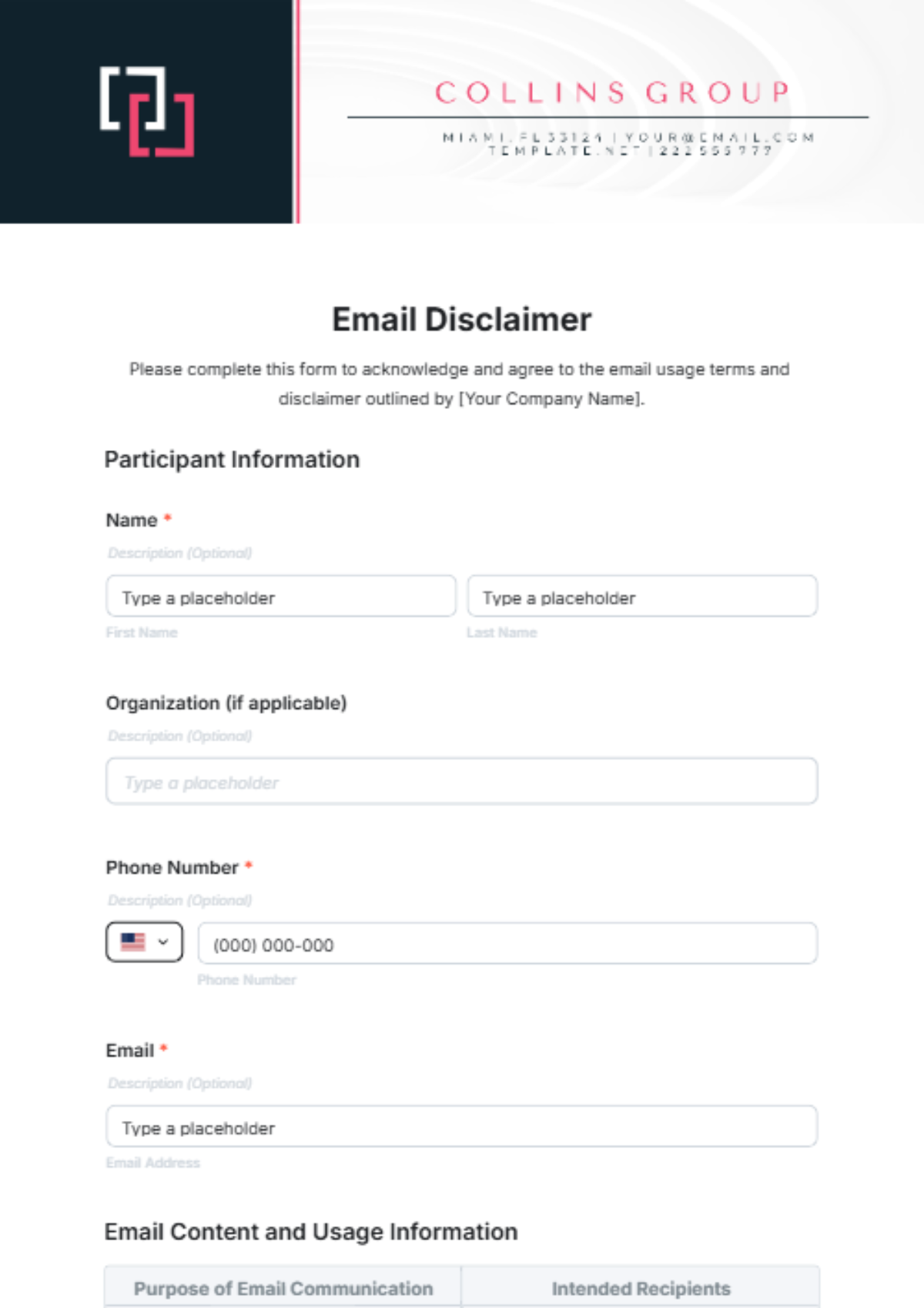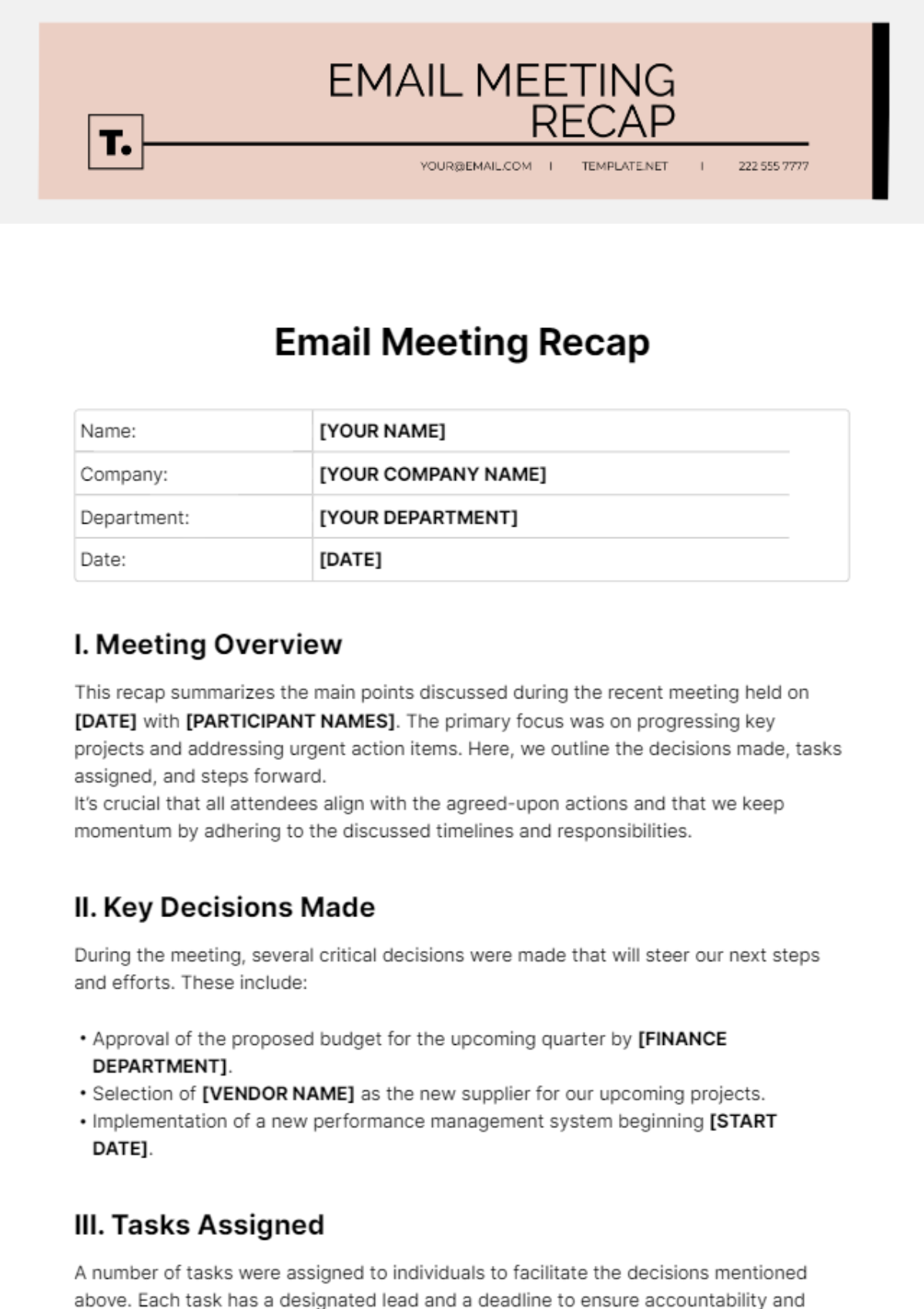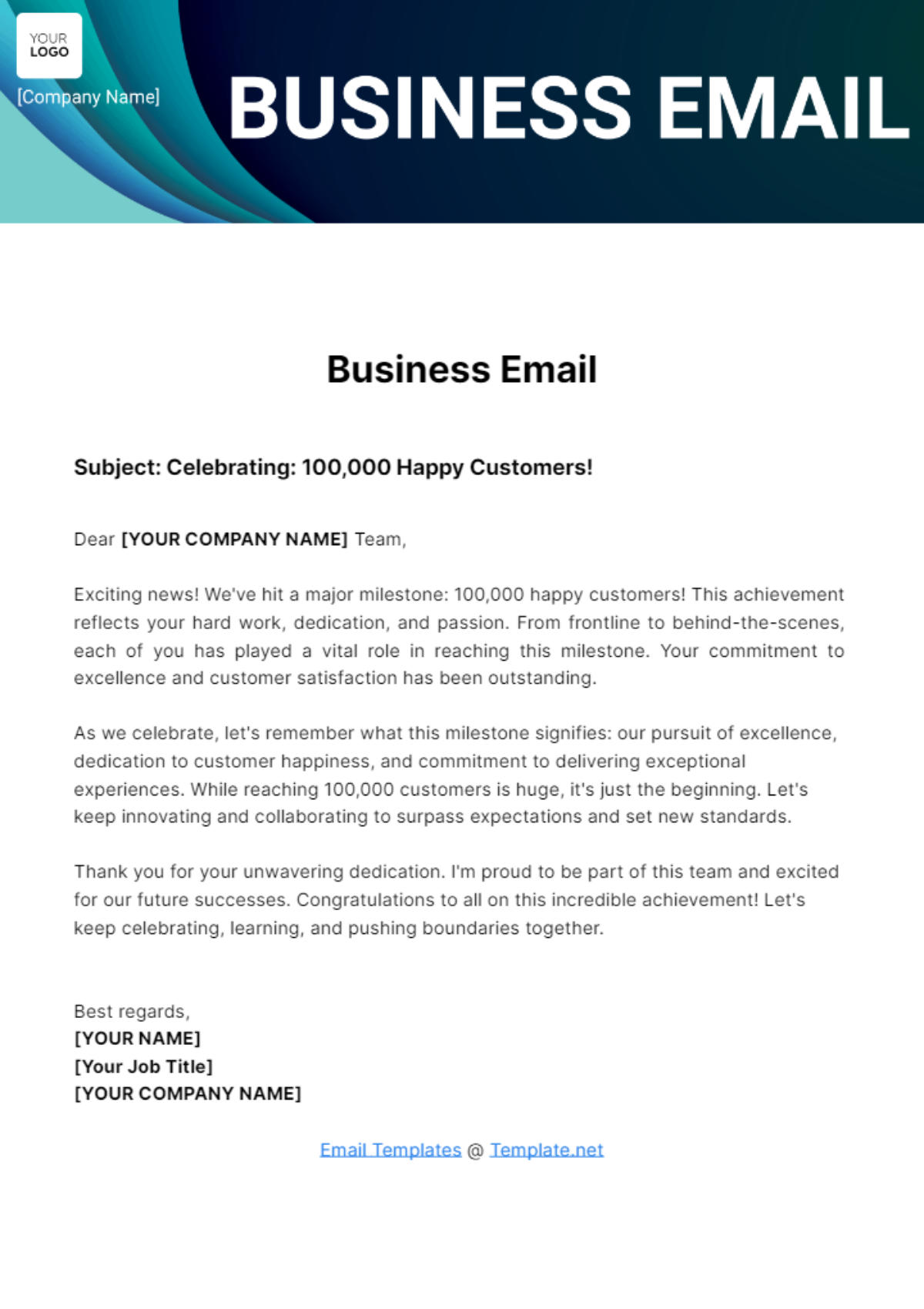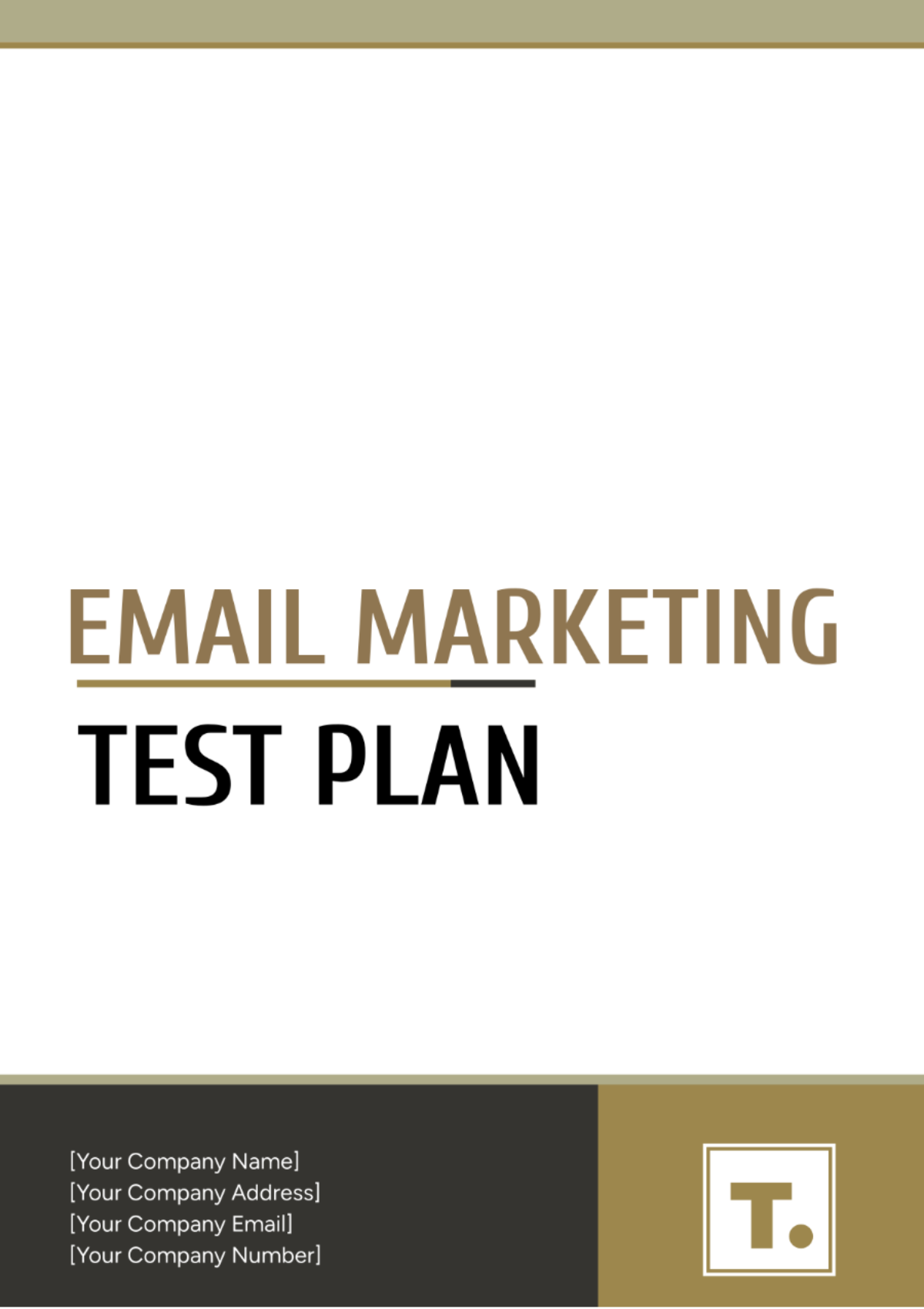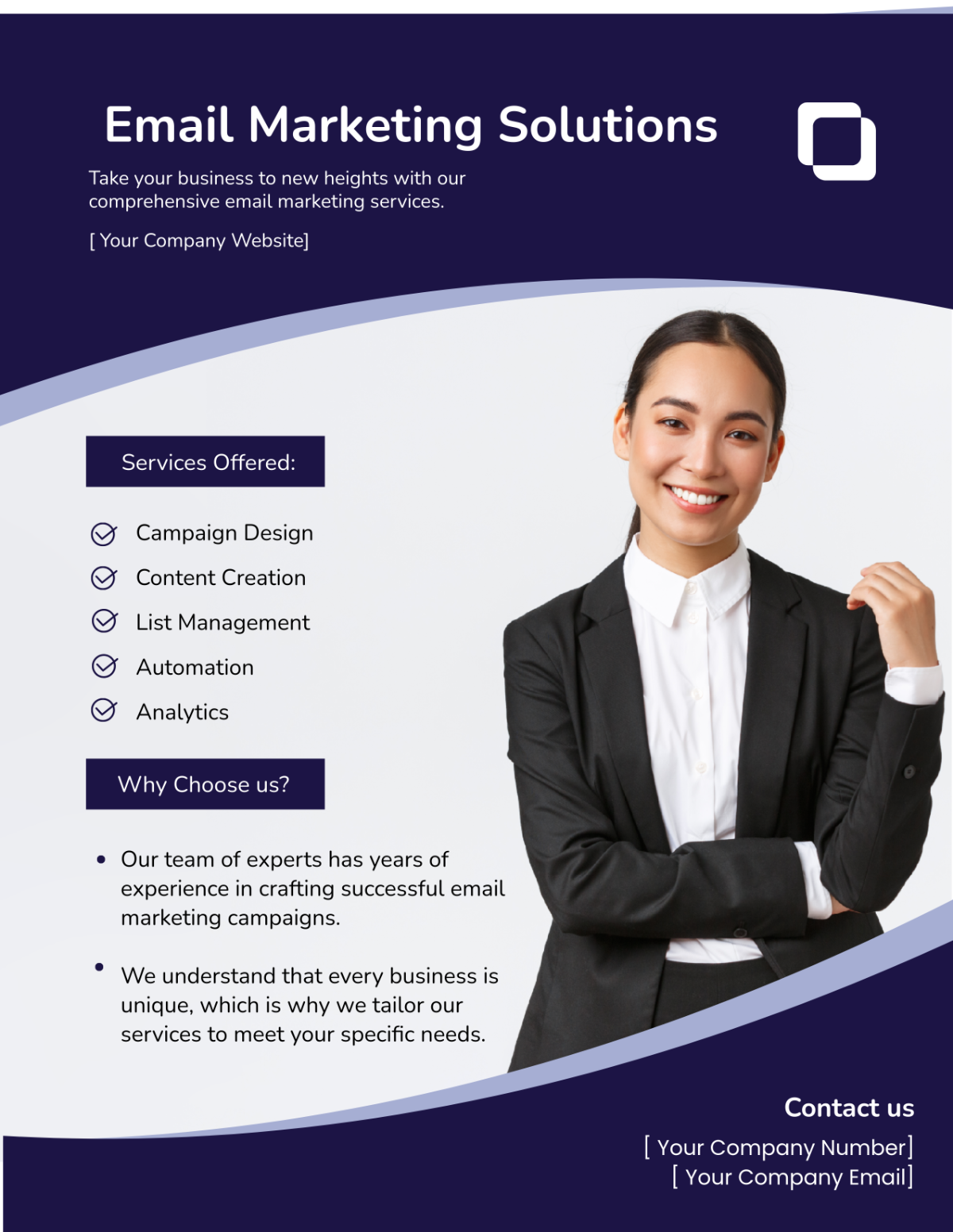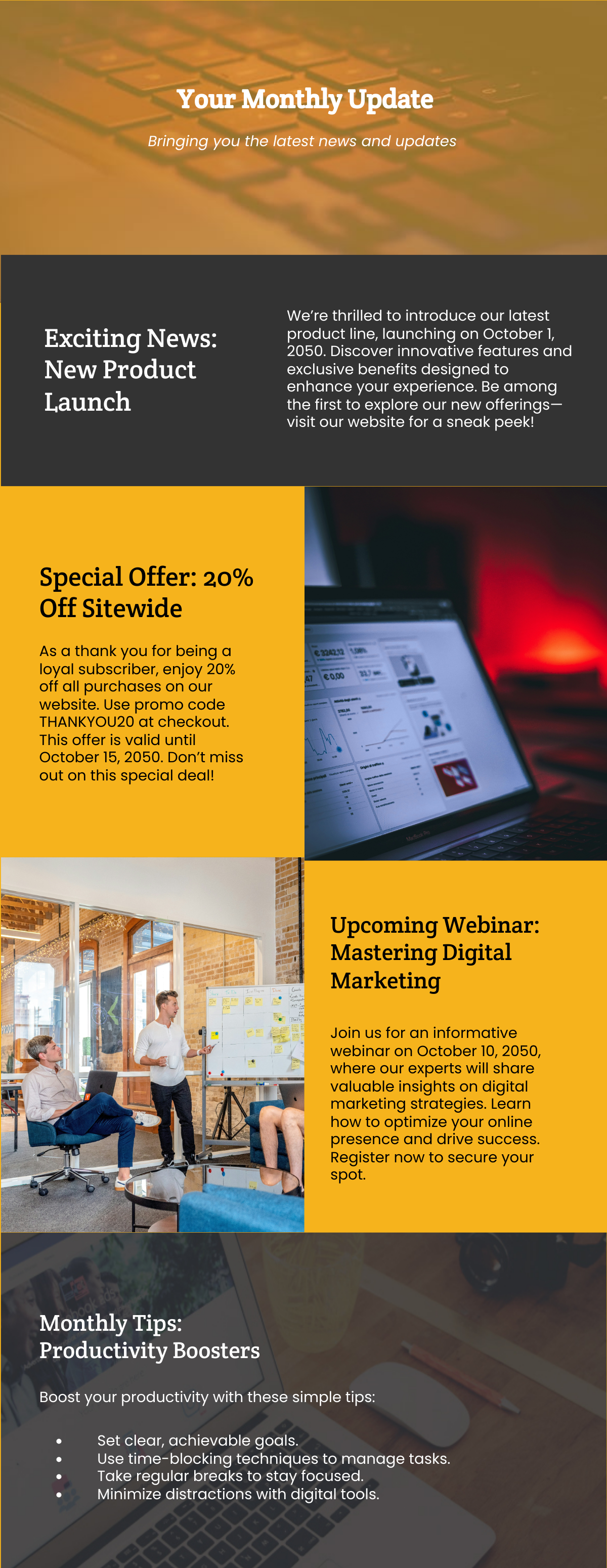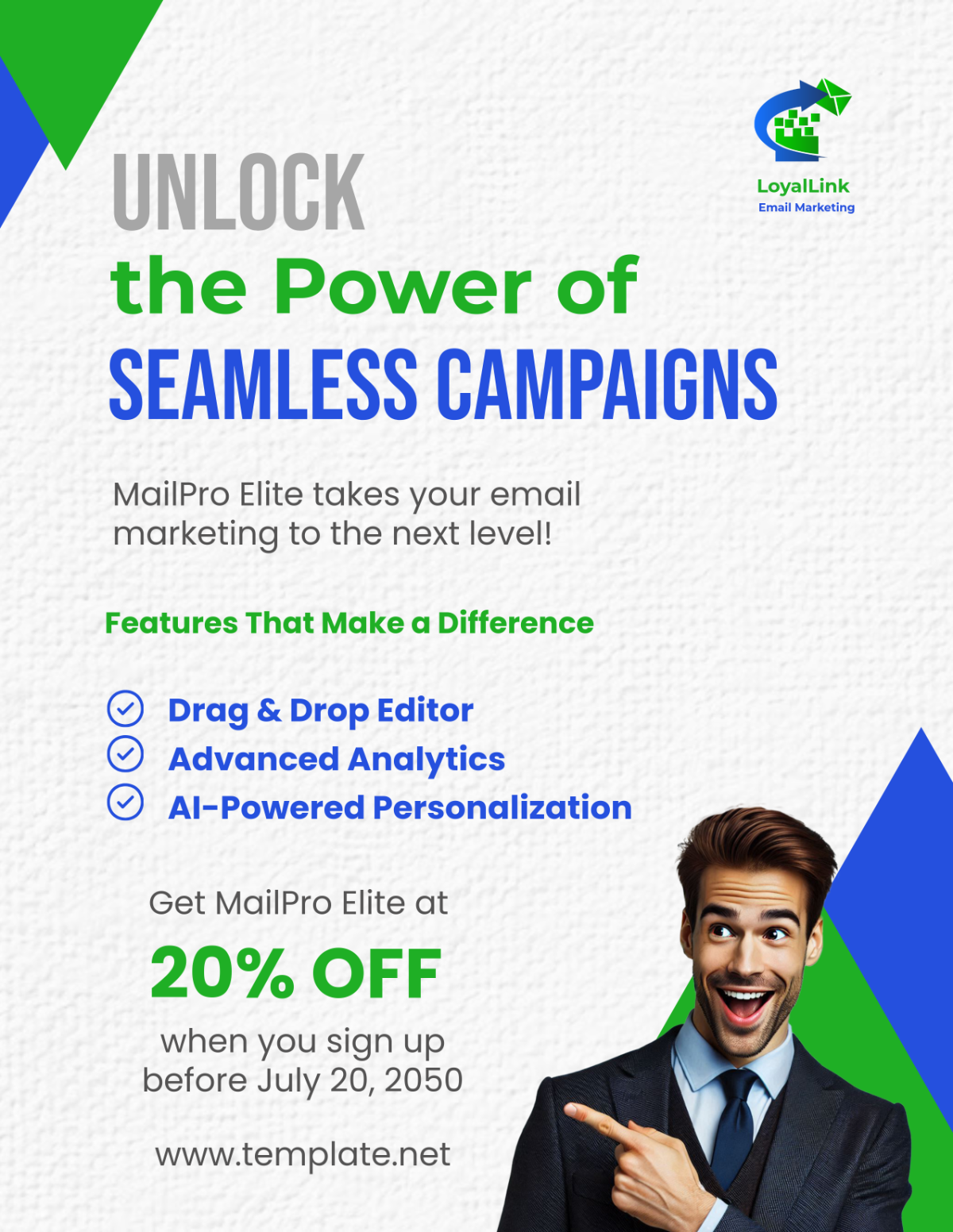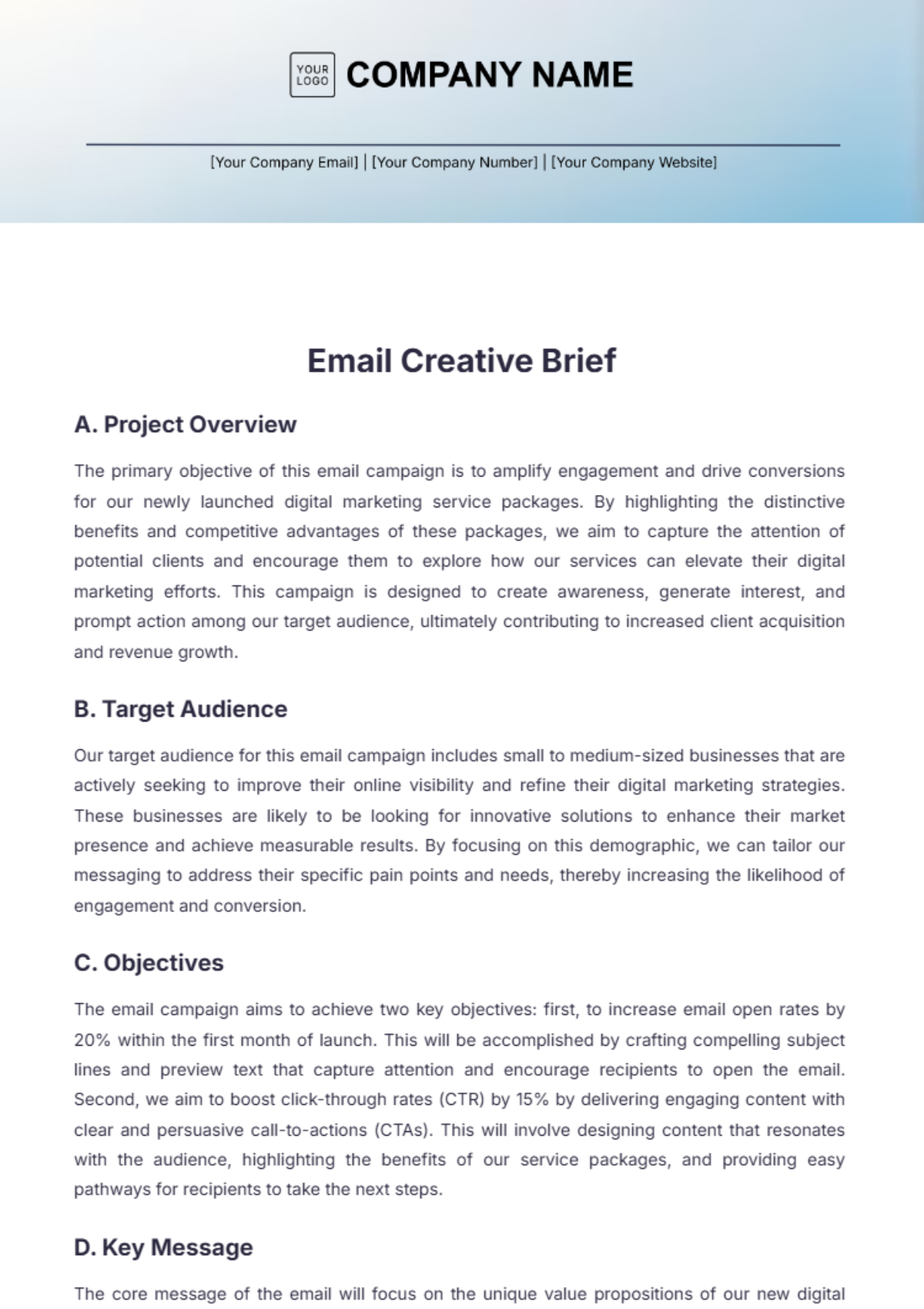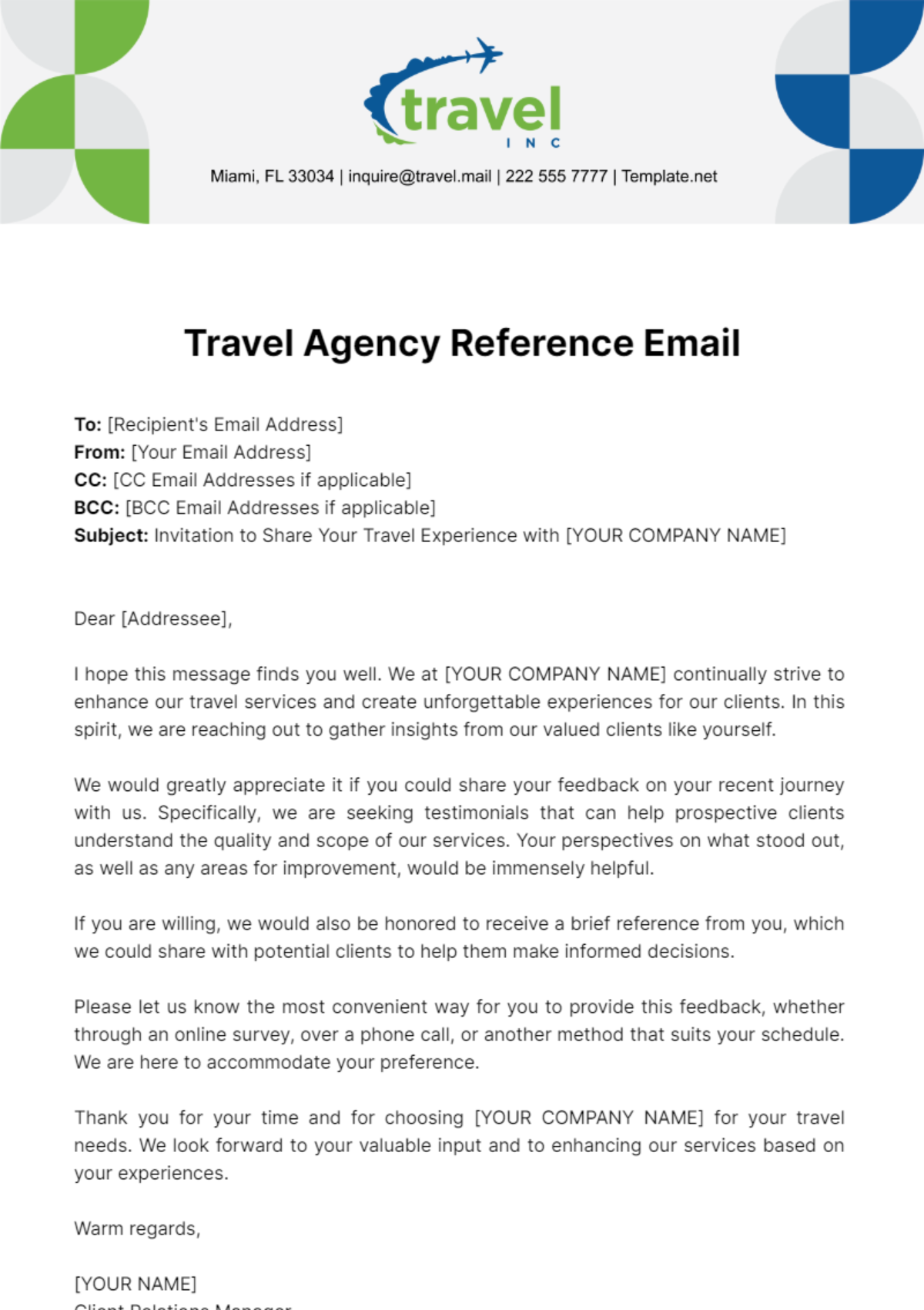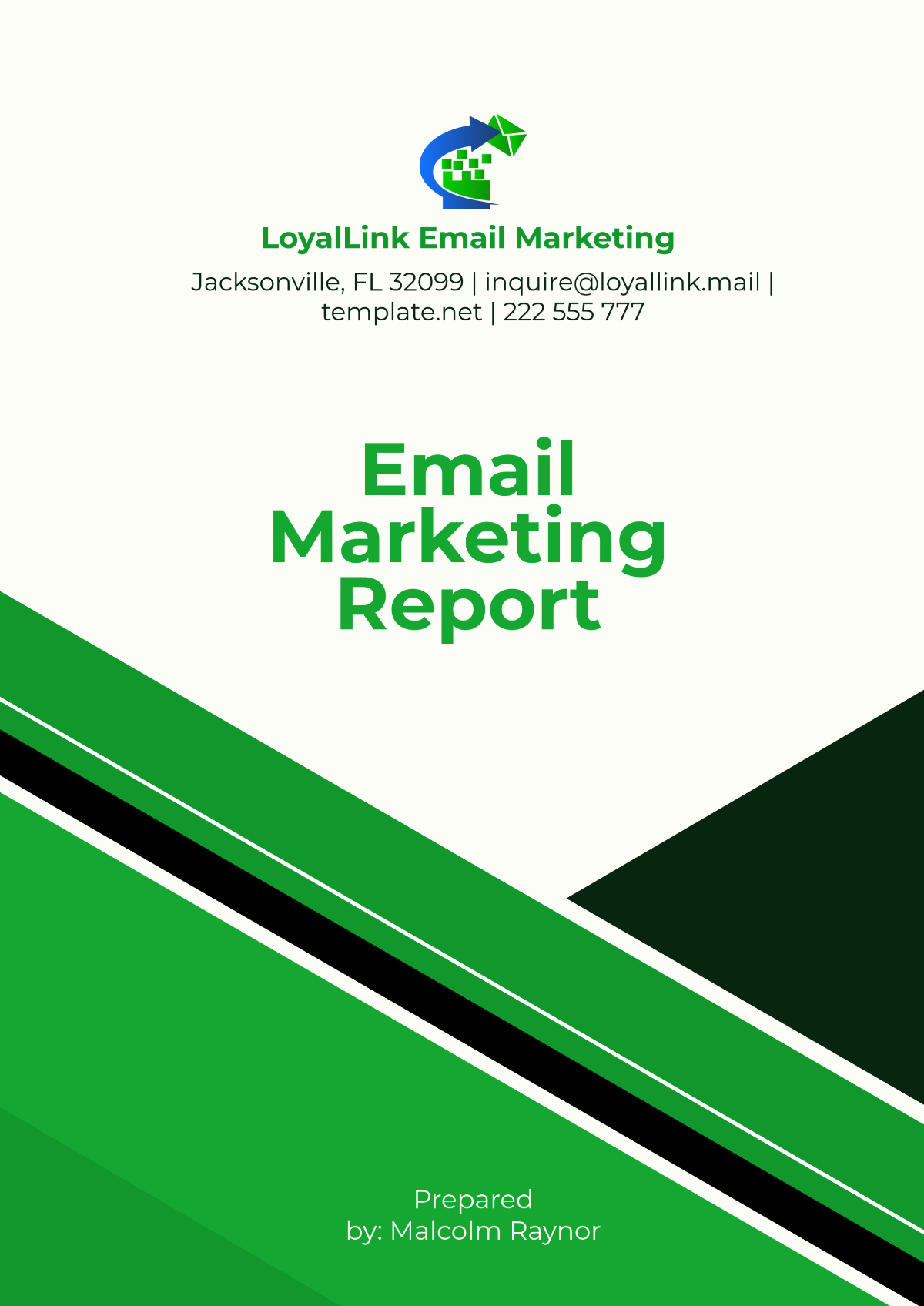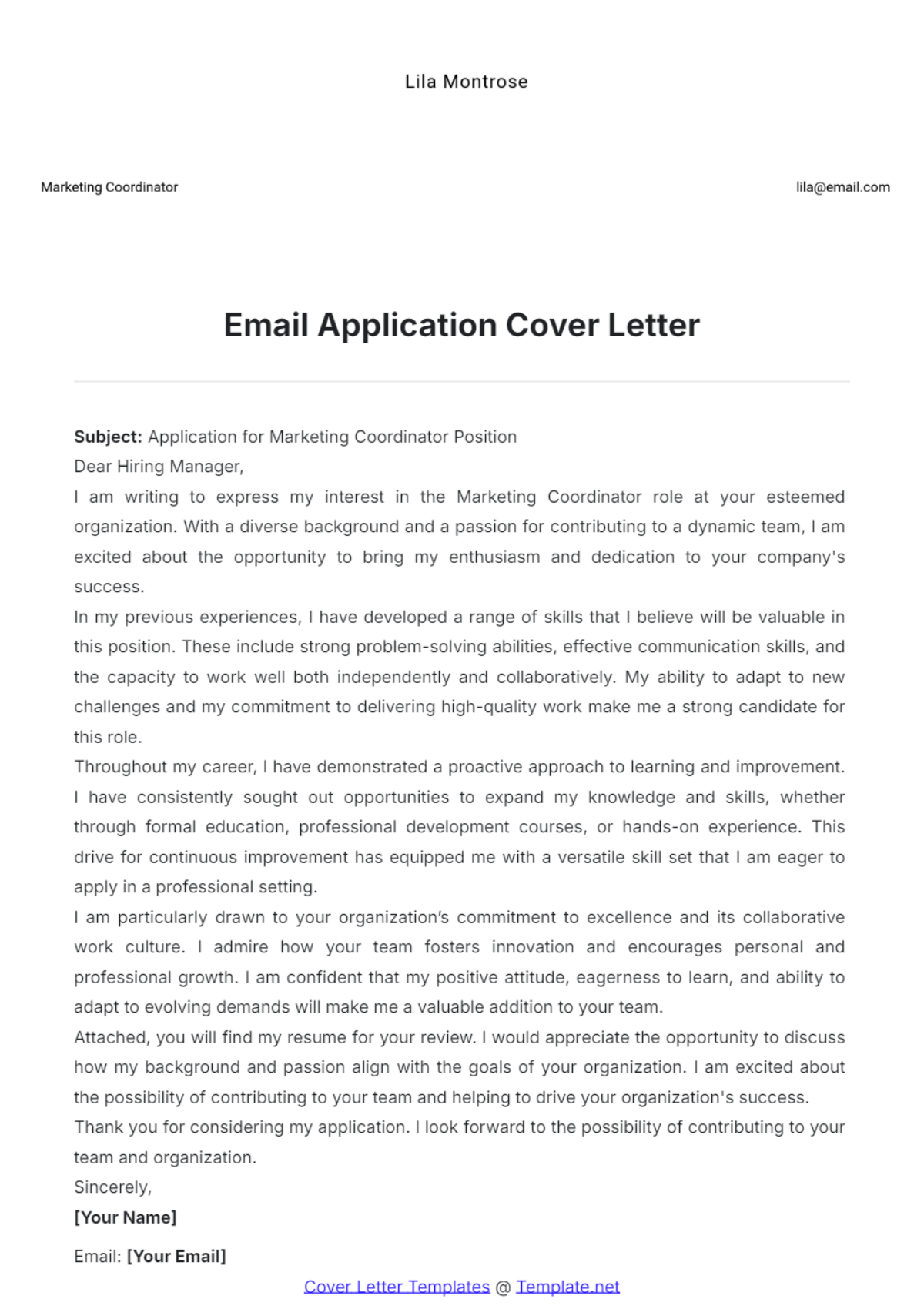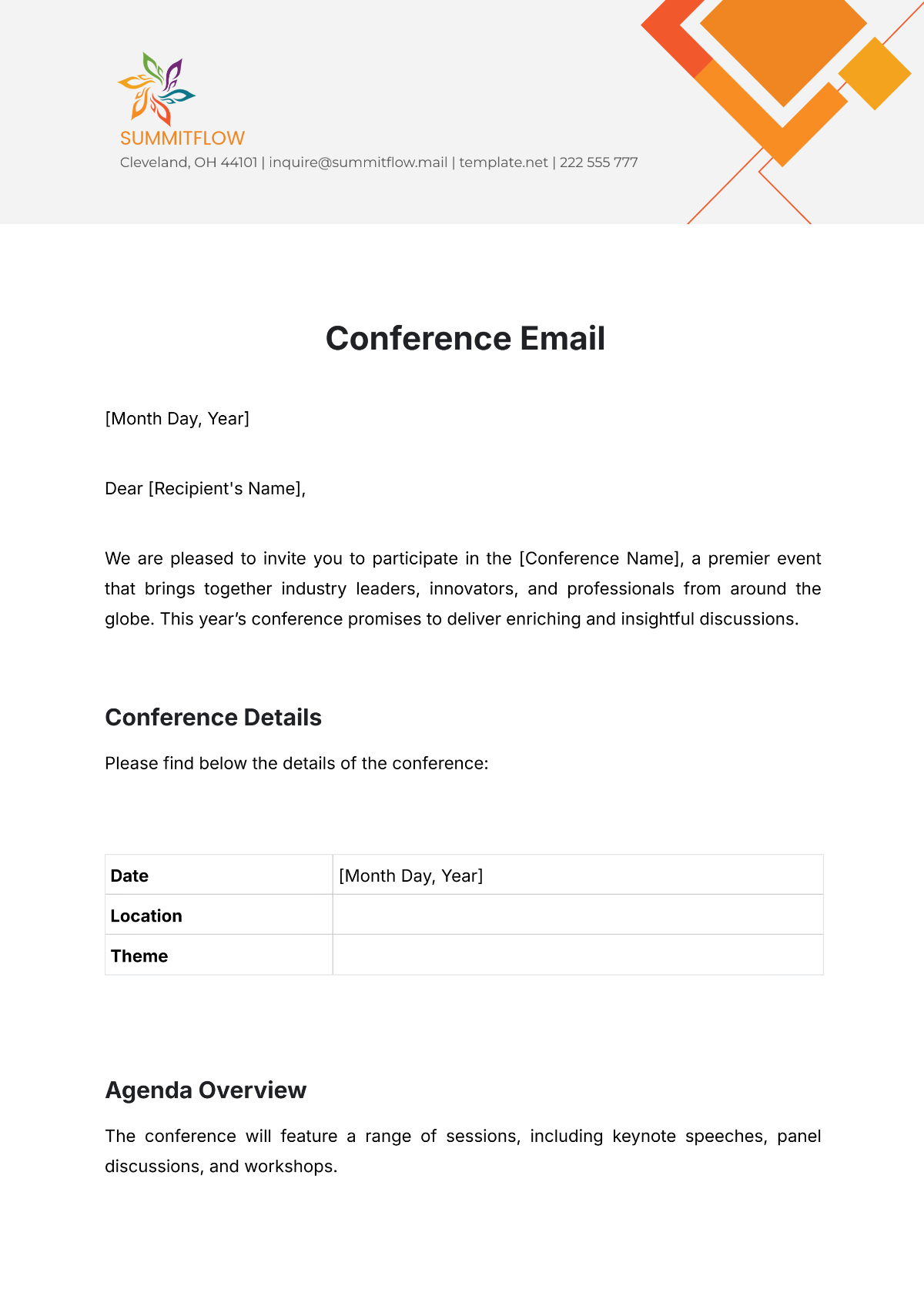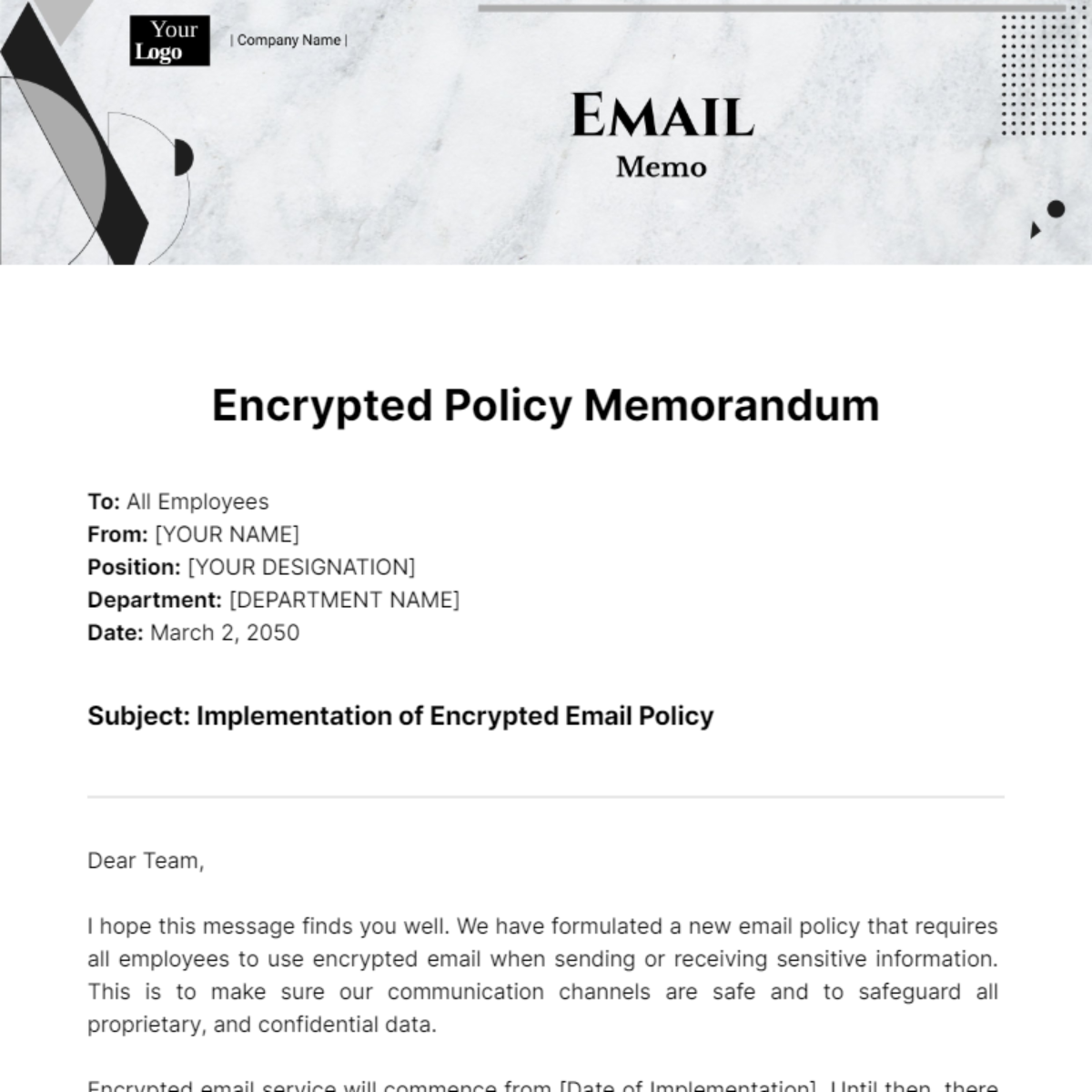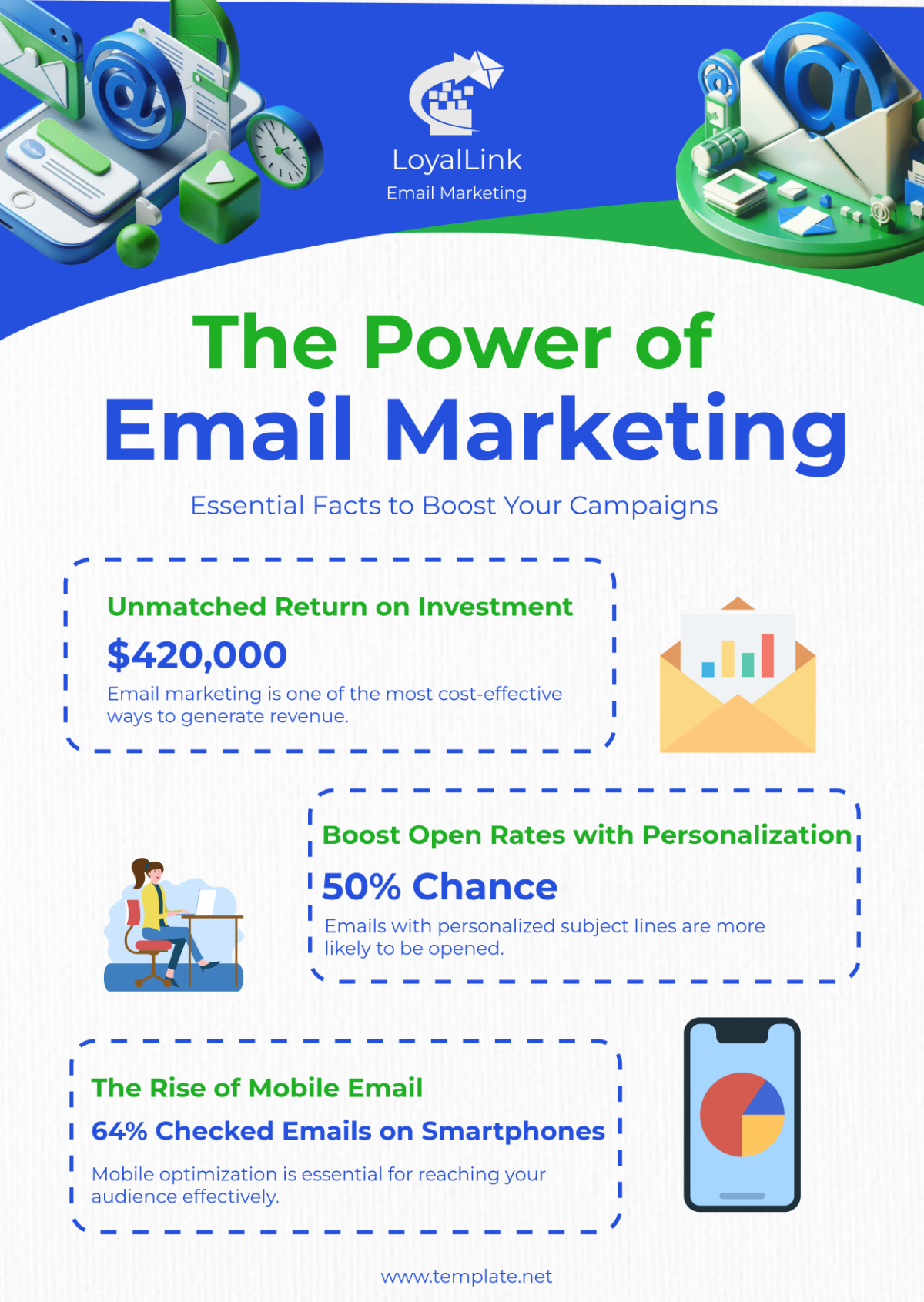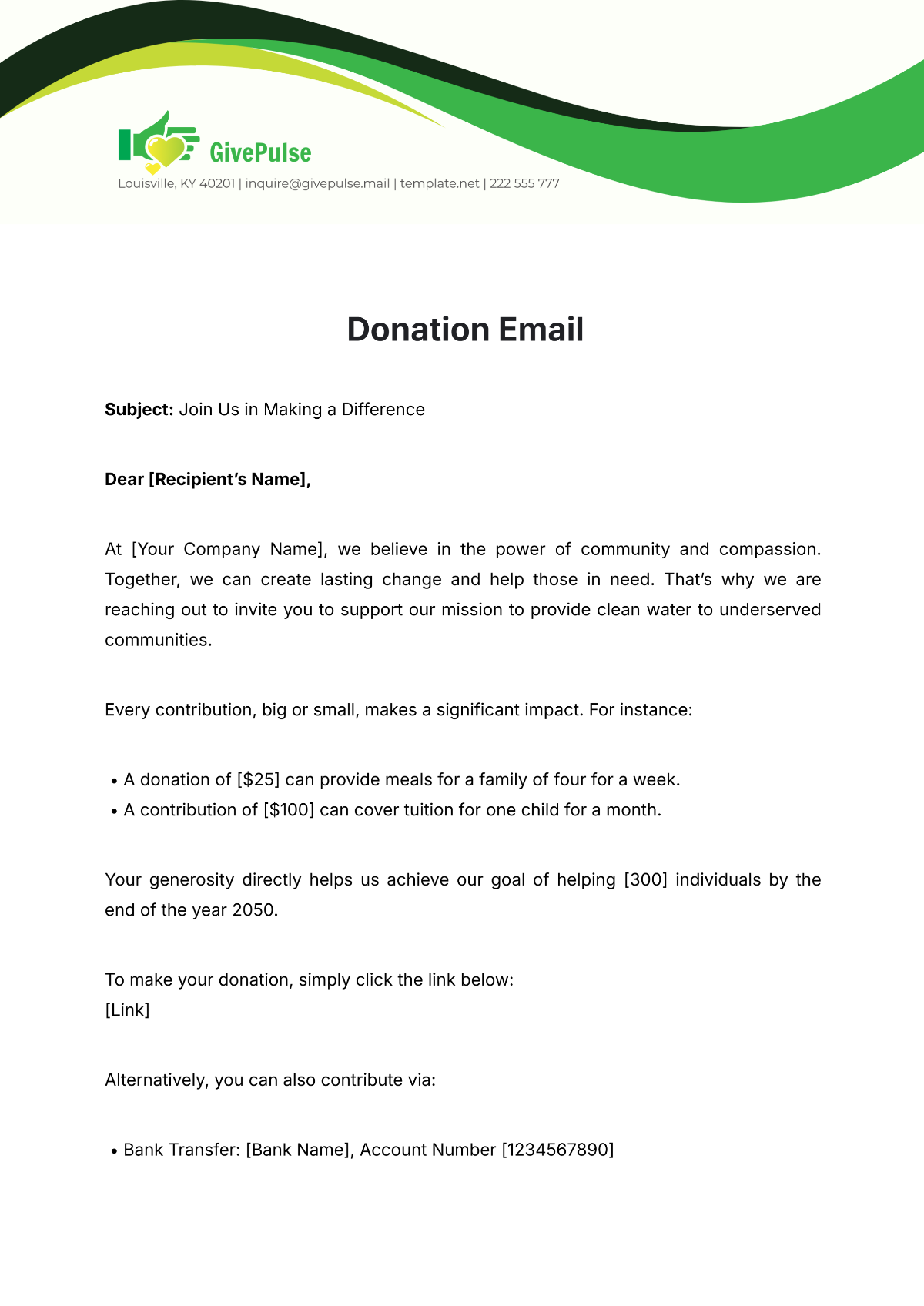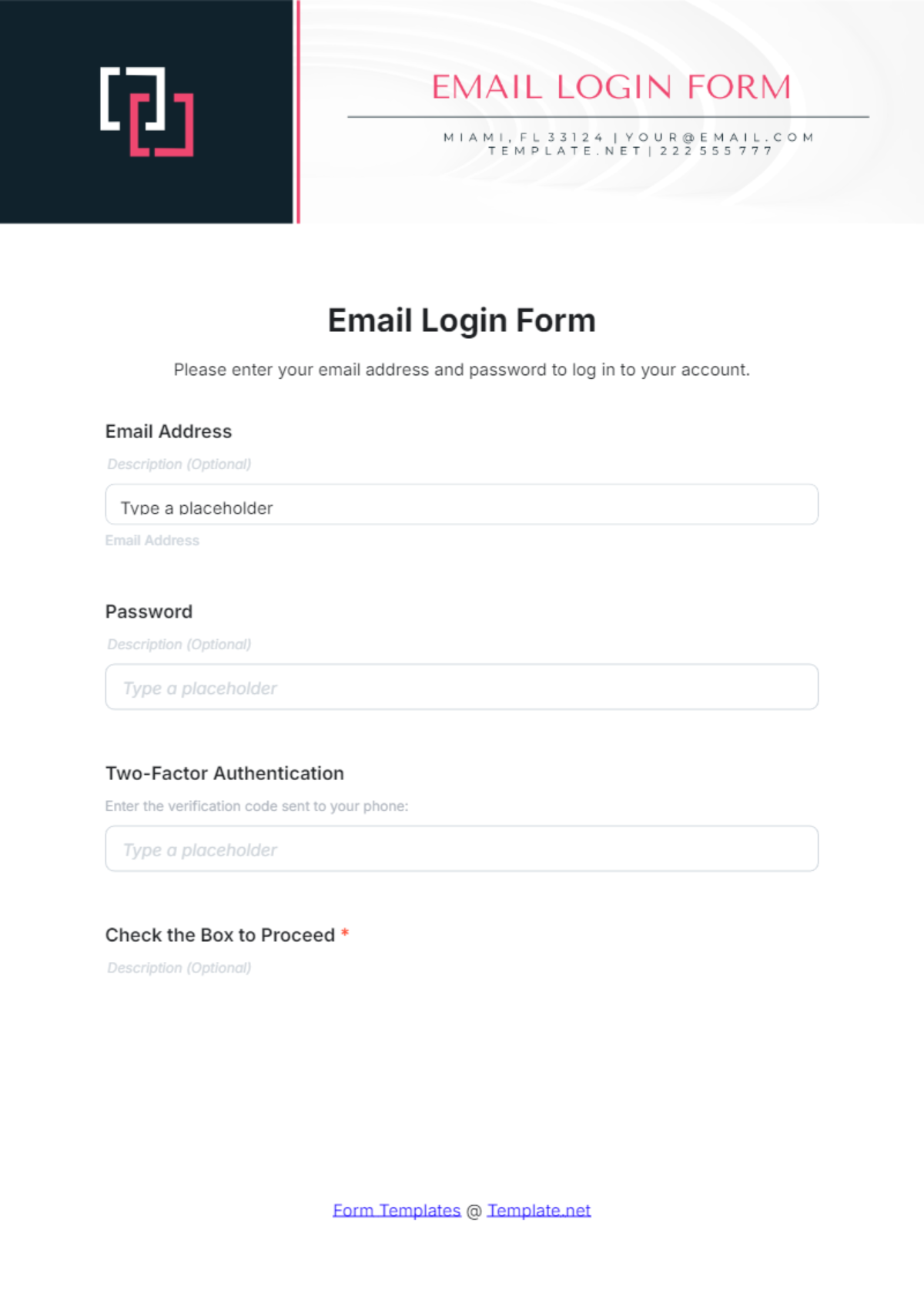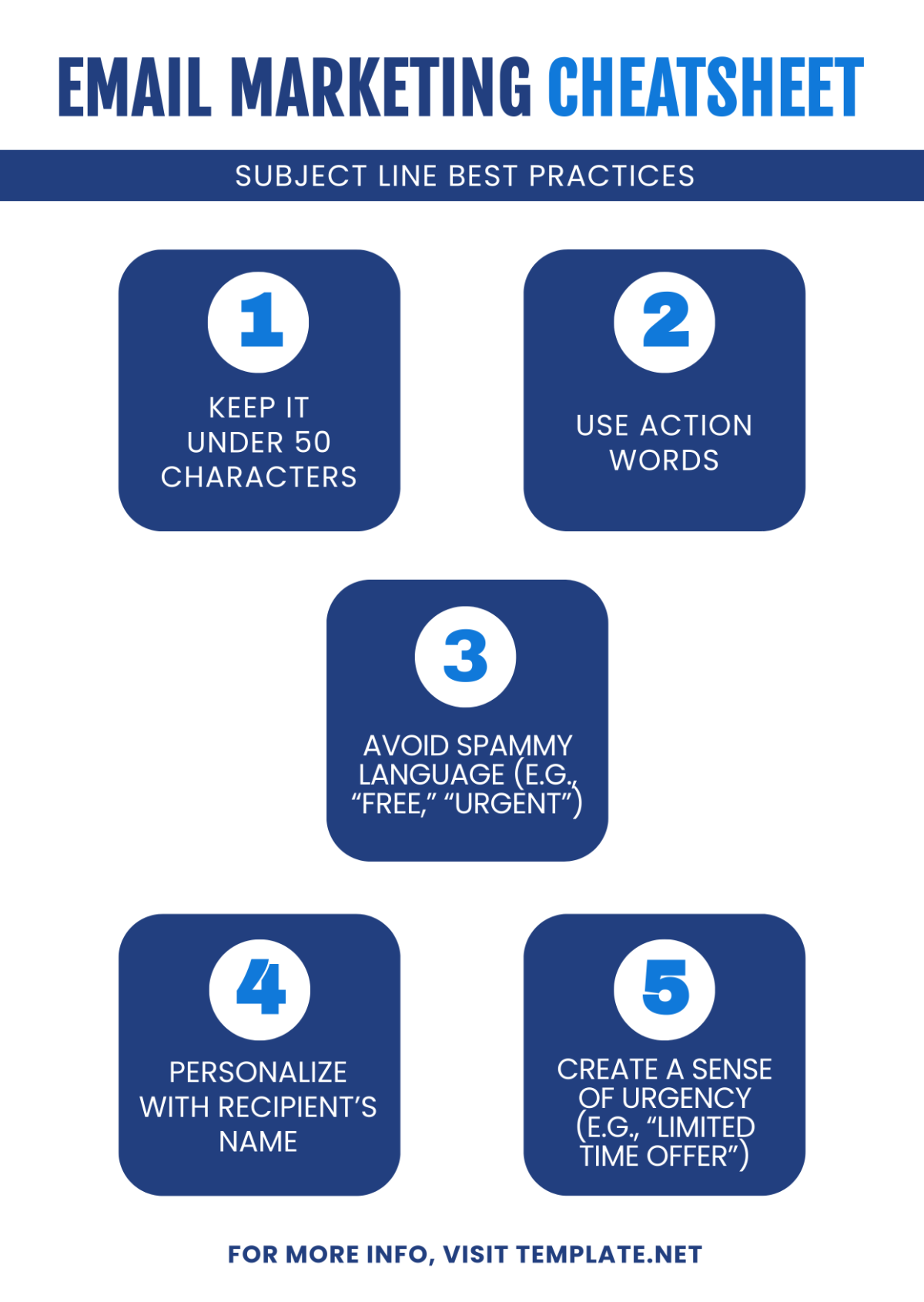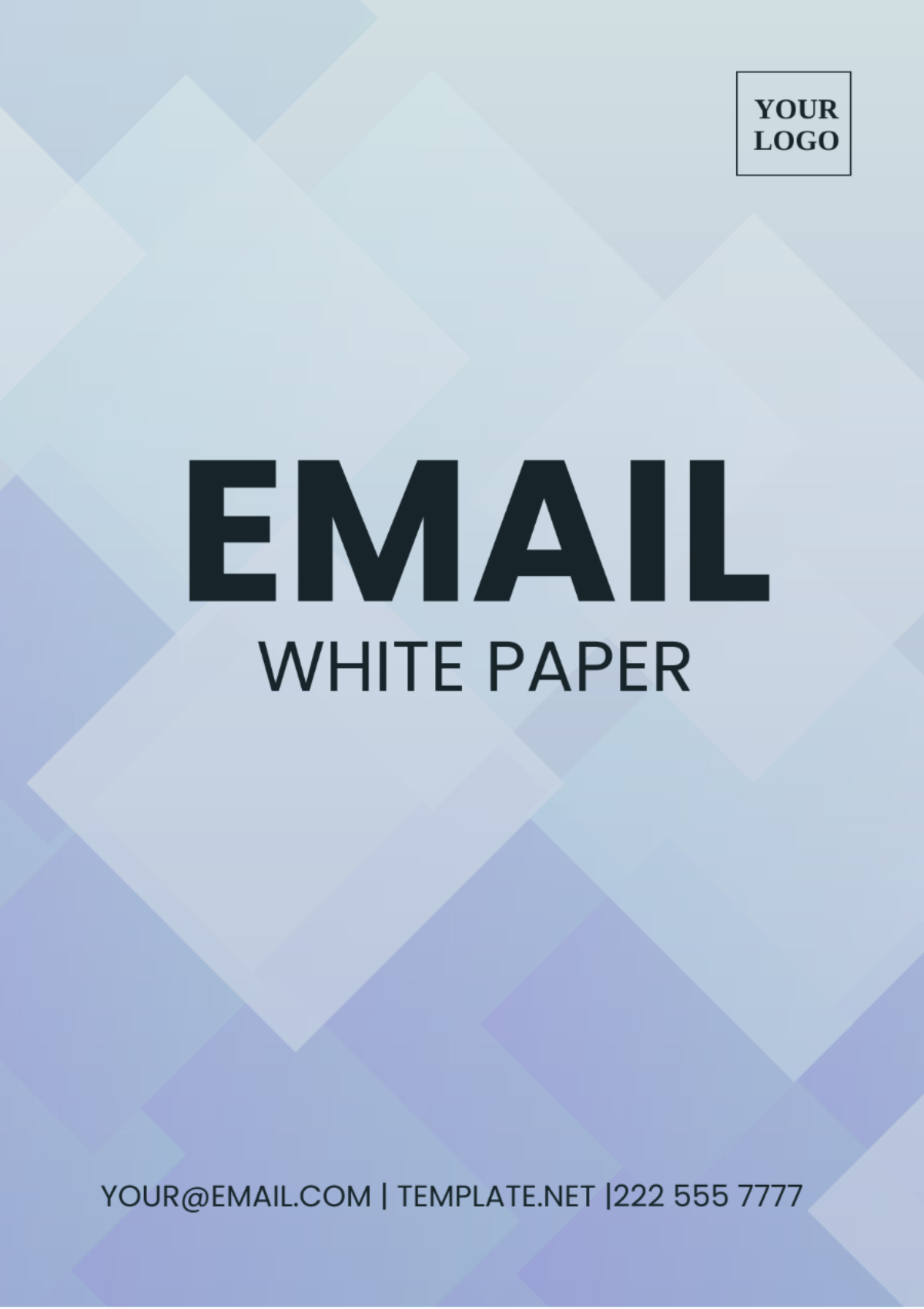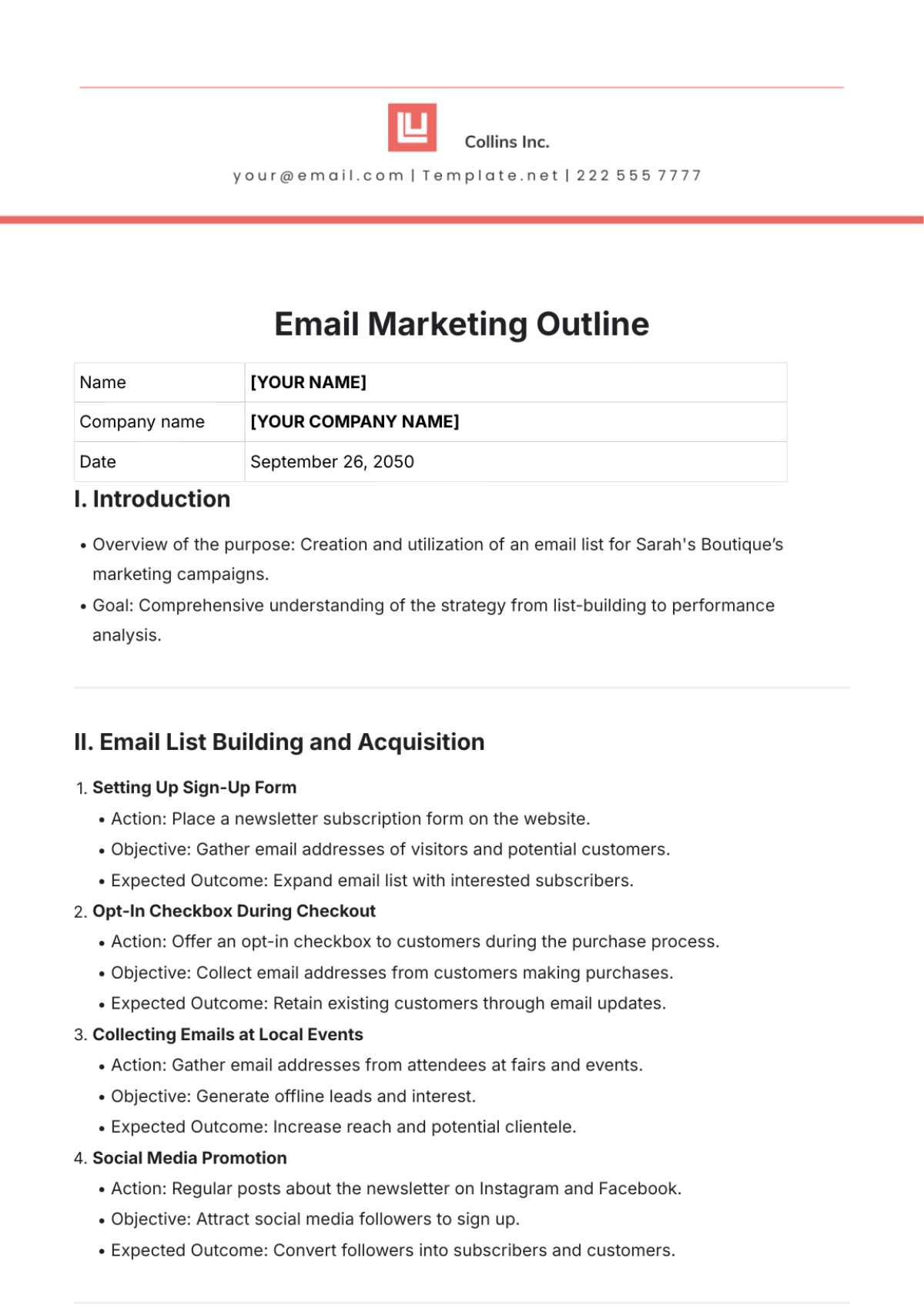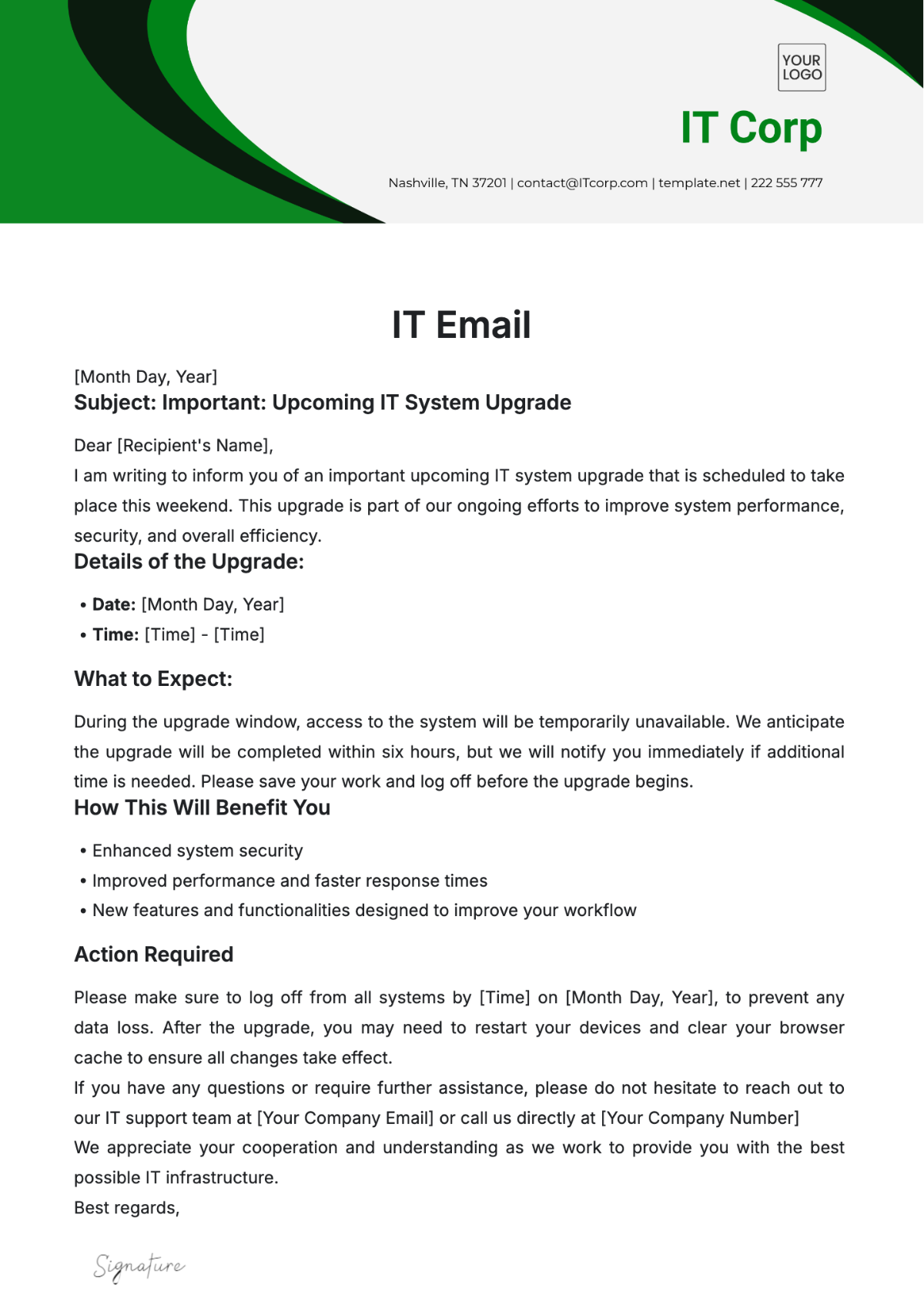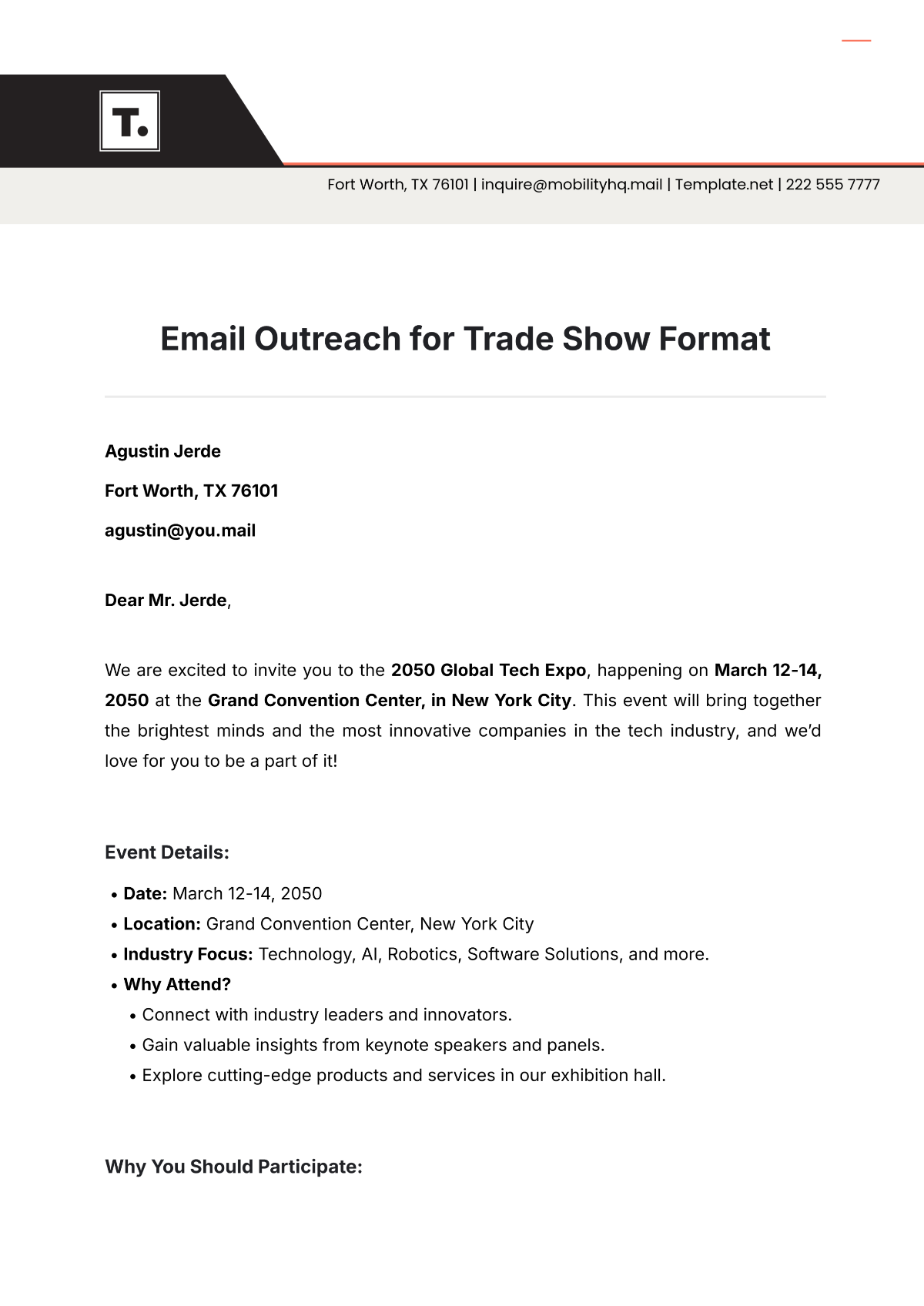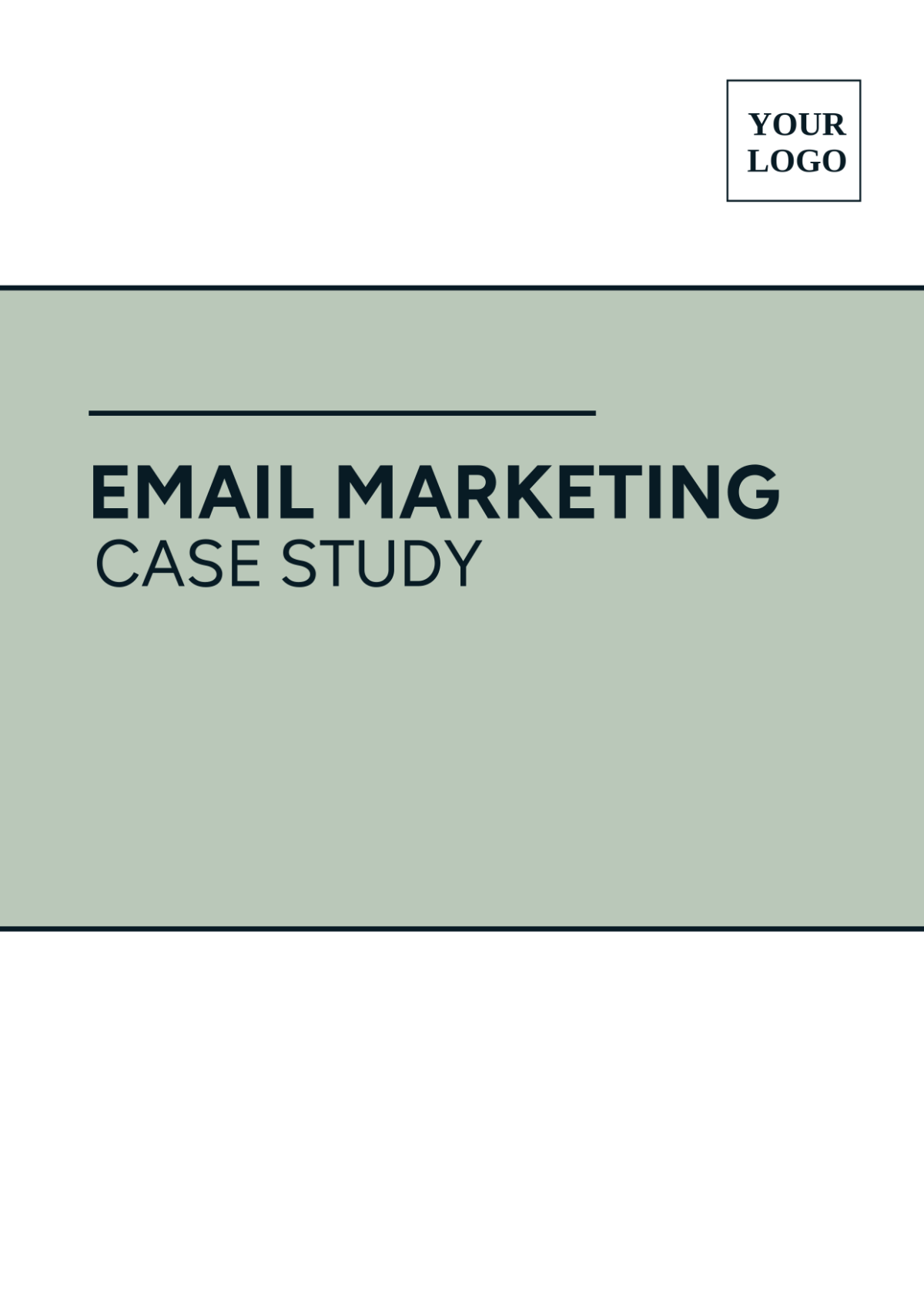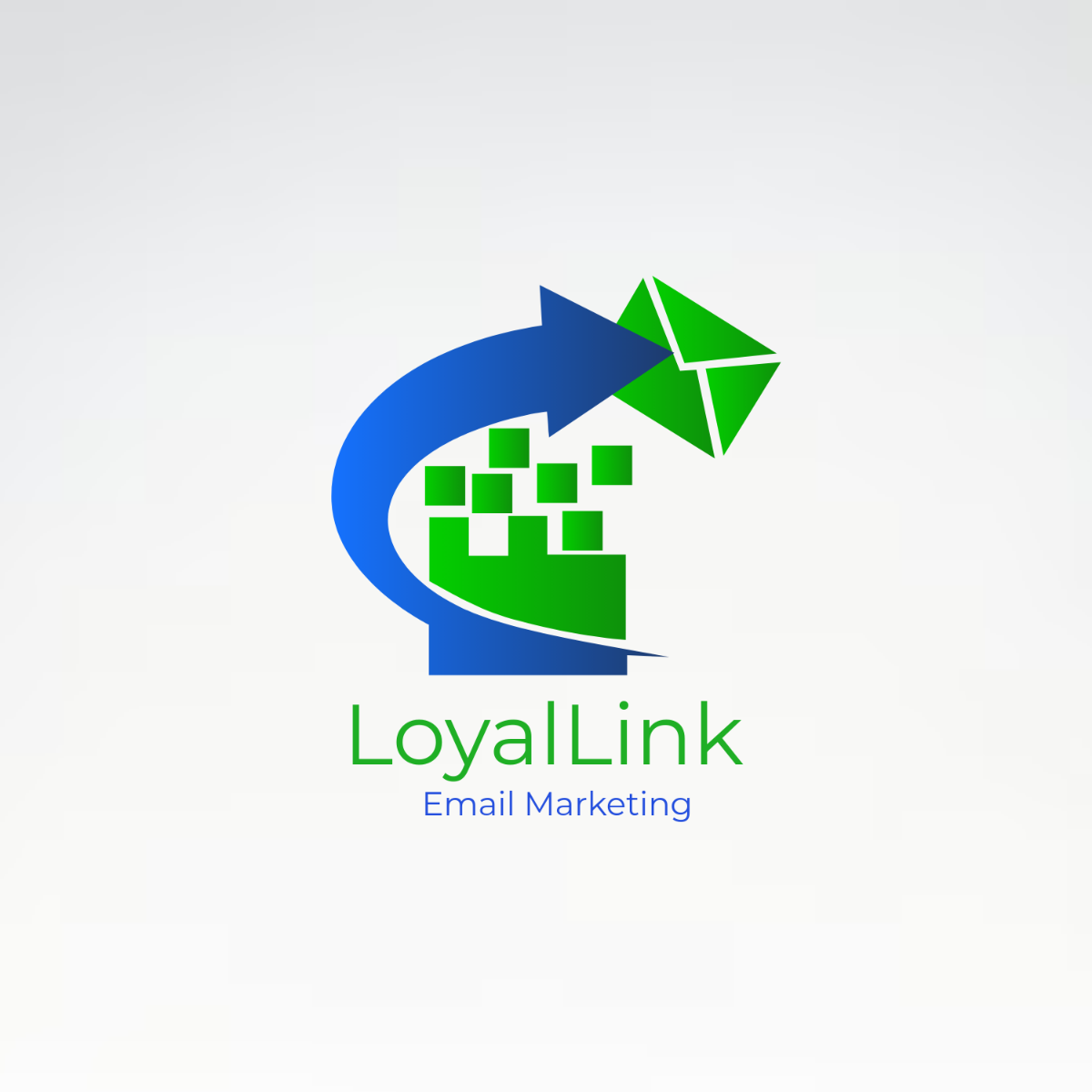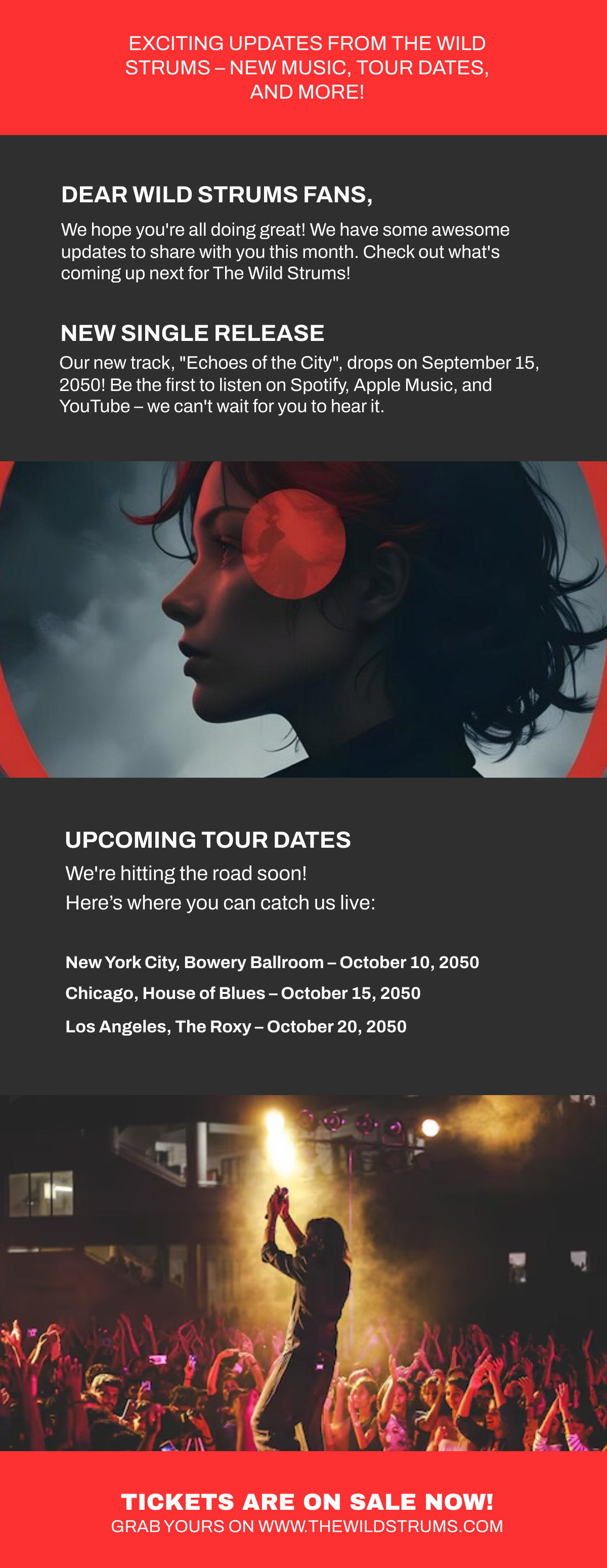Email Marketing Curriculum for Marketers
This structured and comprehensive training program is designed to equip marketing professionals with the essential knowledge and skills needed to excel in the dynamic world of email marketing. From understanding the fundamentals of email marketing to advanced strategies and best practices, this curriculum covers it all. With modules addressing strategy development, list management, email design, compliance, and analytics, marketers will gain the expertise needed to create impactful email campaigns and optimize their performance.
Module 1: Introduction to Email Marketing
Session 1: What is Email Marketing?
A. Understanding the basics of email marketing:
Email marketing is a digital marketing strategy that involves sending emails to a list of recipients to promote products, services, or engage with an audience.
Emails are a direct and cost-effective way to communicate with subscribers, allowing businesses to deliver tailored messages.
B. Exploring the significance of email marketing in the digital age:
Email marketing remains a critical tool for businesses. Statistically, email is one of the most effective channels for return on investment (ROI).
It provides a direct line of communication with subscribers, offering a unique space to build and nurture relationships with your audience.
Session 2: Email Marketing vs. Other Channels
A. Comparing email marketing to other marketing channels:
In this session, we'll compare email marketing to social media, content marketing, and other digital marketing channels.
We'll explore the strengths and weaknesses of email marketing relative to these channels.
B. Identifying scenarios where email marketing is most effective:
Understanding when to use email marketing is crucial. It excels in lead nurturing, customer retention, and personalized communication.
It can also serve as a bridge between different marketing channels, such as using email to follow up on leads generated from social media campaigns.
Module 2: Email Marketing Fundamentals
Session 3: Building Blocks of Email Marketing
A. Key components of an email marketing campaign:
We'll delve into the anatomy of an email marketing campaign, including the subject line, sender's name, content, calls to action (CTAs), and the unsubscribe link.
Understanding these components is vital for creating impactful email campaigns.
B. The role of audience, content, and delivery in campaign success:
We'll discuss how the choice of the target audience, the quality of content, and the timing and frequency of email delivery influence the success of an email campaign.
Strategies for audience segmentation and content optimization will be highlighted.
Session 4: Benefits and Advantages
A. Advantages of email marketing:
We'll explore the cost-effectiveness of email marketing compared to traditional advertising methods.
Discuss how scalability and the ability to reach a global audience make email marketing a powerful tool for businesses of all sizes.
B. Analyzing case studies of successful email marketing campaigns:
We'll look at real-world examples where email marketing delivered exceptional results.
Case studies may include e-commerce companies increasing sales, nonprofits boosting donations, and B2B organizations strengthening relationships with clients.
Module 3: Email Marketing Strategy
Session 5: Setting Objectives
A. Importance of clear and measurable objectives:
Establishing specific and measurable objectives is the foundation of a successful email marketing campaign.
We'll discuss how objectives guide campaign design, help in performance measurement, and align with broader business goals.
B. Aligning email marketing objectives with overall business goals:
It's essential to ensure that email marketing objectives are consistent with the broader objectives of the organization.
Examples of objectives might include increasing sales, boosting website traffic, or enhancing customer engagement.
Session 6: Identifying Target Audience
A. Creating detailed buyer personas for effective targeting:
The session focuses on understanding the importance of in-depth buyer personas.
We'll explore techniques for creating and using buyer personas to segment your audience effectively.
B. Researching and understanding your audience:
This session covers the process of researching your audience, including demographic data, behaviors, and preferences.
Knowing your audience is key to tailoring email content and creating campaigns that resonate with recipients.
Module 4: Building and Managing Email Lists
Session 7: List Building Strategies
A. Effective methods for growing your email list:
We'll delve into various techniques for acquiring new subscribers, such as content marketing, lead magnets, and social media.
Strategies will include using enticing offers, contests, and webinars to attract engaged subscribers.
B. Strategies for attracting engaged subscribers:
The focus here is on not just growing your list but ensuring the quality of subscribers.
We'll explore techniques to attract individuals who are genuinely interested in your content and offerings.
Session 8: List Segmentation and Management
A. The role of list segmentation in relevance:
We'll emphasize the importance of segmenting your email list based on criteria like demographics, behavior, and purchase history.
Segmentation allows for more relevant and personalized communication with recipients.
B. List management best practices to maintain data quality:
This session discusses maintaining a clean and accurate email list.
We'll cover list hygiene practices, such as removing inactive subscribers and dealing with bounces.
Module 5: Email Design and Content
Session 9: Designing Effective Email Templates
A. Principles of email template design, including mobile responsiveness:
We'll explore best practices for designing email templates, including the importance of mobile responsiveness.
This session will showcase examples of visually appealing templates.
B. Examples of visually appealing email templates:
We'll analyze templates from various industries and highlight design elements that contribute to engagement.
Examples may include e-commerce product showcases, event invitations, and newsletter layouts.
Session 10: Crafting Compelling Email Content
A. Strategies for creating engaging and valuable email content:
We'll discuss content creation strategies, such as storytelling, addressing pain points, and providing value to subscribers.
Emphasis will be placed on the importance of a clear and compelling message.
B. Showcasing successful email content examples:
This session will present examples of effective email content.
Real-world examples might include promotional emails, newsletters, and educational content.
Module 6: Email Deliverability and Compliance
Session 11: Factors Affecting Deliverability
A. Understanding deliverability and the factors that impact it:
This session will explore the concept of email deliverability and its importance in ensuring that emails reach the recipient's inbox.
Factors like sender reputation, authentication protocols, and content quality will be discussed.
B. Steps to improve email deliverability:
Practical advice will be provided on how to enhance deliverability, including tips on maintaining a positive sender reputation and improving email content.
Session 12: Legal and Regulatory Compliance
A. Overview of email marketing laws and regulations:
An in-depth look at email marketing laws such as CAN-SPAM and GDPR, and their global impact.
Understanding the requirements of these laws and their implications for email marketing.
B. Compliance with CAN-SPAM, GDPR, and other relevant laws:
The session will provide a comprehensive guide to ensuring compliance with email marketing laws, with a focus on consent, transparency, and the handling of user data.
Session 13: Consent and Privacy
A. Obtaining consent and maintaining user privacy:
Detailed information on obtaining proper consent from subscribers, including opt-in methods and double opt-in processes.
Emphasizing the importance of user privacy and the role of a clear privacy policy.
B. Practical steps to ensure compliance and build trust:
This session will provide actionable steps for businesses to audit and improve their consent-gathering processes, implement transparent data handling practices, and build trust with subscribers.
Module 7: Email Marketing Tools and Automation
Session 14: Marketing Automation Tools
A. Overview of marketing automation platforms:
Discussion on various marketing automation tools and their features.
A review of how these platforms can streamline email marketing processes, from list segmentation to drip campaigns.
B. The benefits of automating email campaigns:
This session will highlight the advantages of automating repetitive tasks, including personalization, segment-specific messaging, and scheduling.
Examples of how automation can lead to time and resource savings.
Session 15: Implementing Personalization
A. Strategies for tailoring content to individual recipients:
Insights into personalization techniques, including dynamic content, tailored offers, and personalized recommendations.
How personalization contributes to higher engagement and conversion rates.
B. Effective personalization techniques and their impact:
Case studies and practical examples will showcase the effectiveness of personalization, such as increasing click-through rates and customer satisfaction.
Module 8: Analytics and Optimization
Session 16: Key Email Marketing Metrics
A. Identifying and measuring crucial email marketing metrics:
A detailed exploration of key metrics, such as open rates, click-through rates, conversion rates, and ROI.
Understanding the significance of each metric in assessing campaign performance.
B. Using data to make informed decisions and optimize campaigns:
This session will guide learners on how to interpret email marketing data to make informed decisions.
The importance of using data to optimize future campaigns will be emphasized.
Session 17: Analyzing Campaign Performance
A. How to analyze and interpret email marketing data:
Steps to evaluate campaign performance and identify areas for improvement.
The session will cover techniques for conducting a comprehensive analysis of email marketing data.
B. Using data to make informed decisions and optimize campaigns:
Practical strategies for using data-driven insights to refine email campaigns, personalize content, and improve engagement.
The role of A/B testing and continuous improvement in enhancing email marketing efforts.
Module 9: Advanced Email Marketing Strategies
Session 18: Advanced Techniques
A. Exploring advanced email marketing strategies:
This session will introduce advanced strategies such as drip campaigns, behavioral triggers, and dynamic content.
Case studies will demonstrate the success of these techniques in various industries and scenarios.
As email marketing remains a pivotal tool for businesses to connect with their audience, build relationships, and achieve remarkable ROI, this curriculum equips marketers with the knowledge and strategies they need to succeed in today's competitive landscape.

